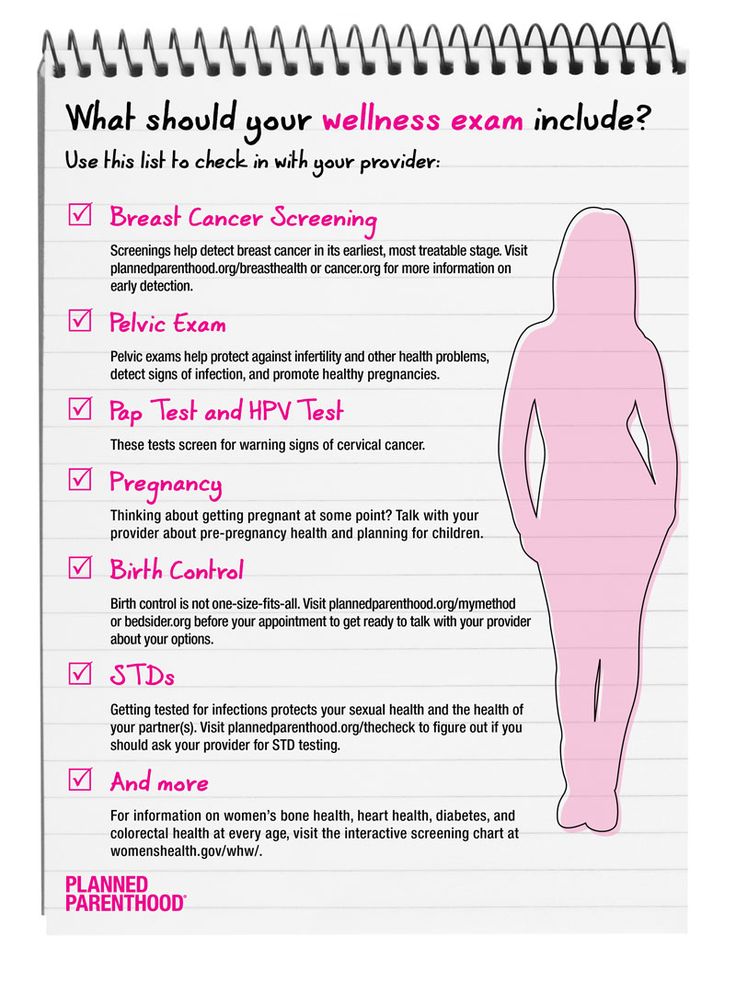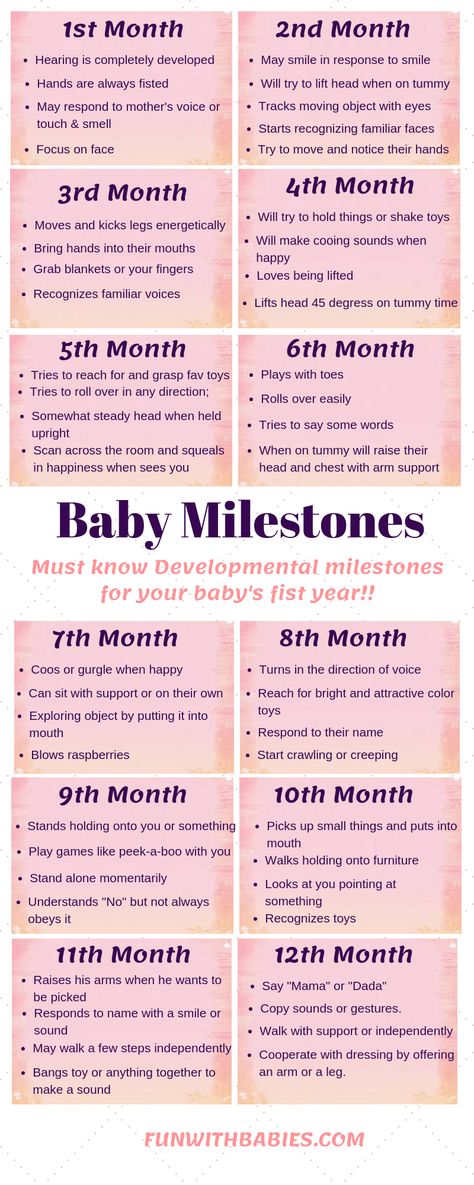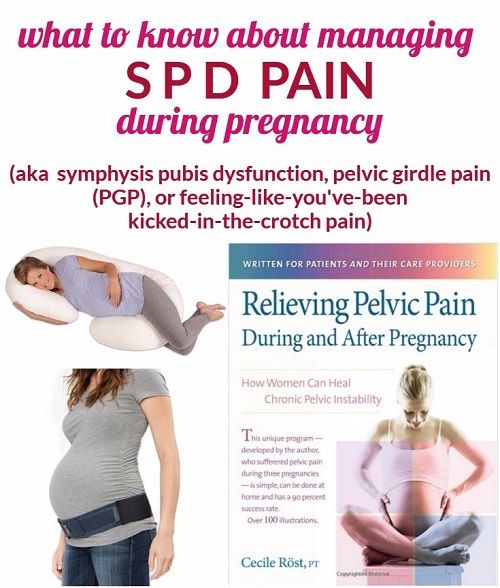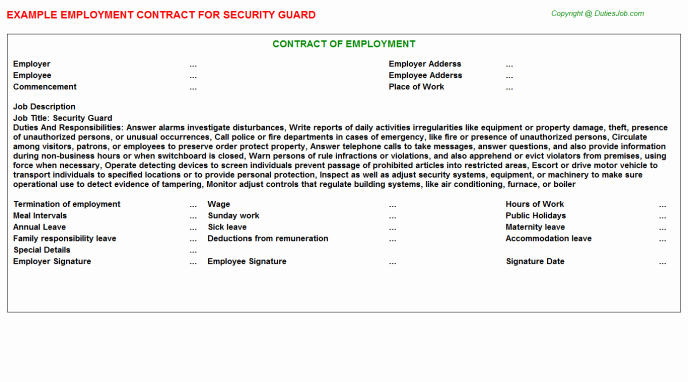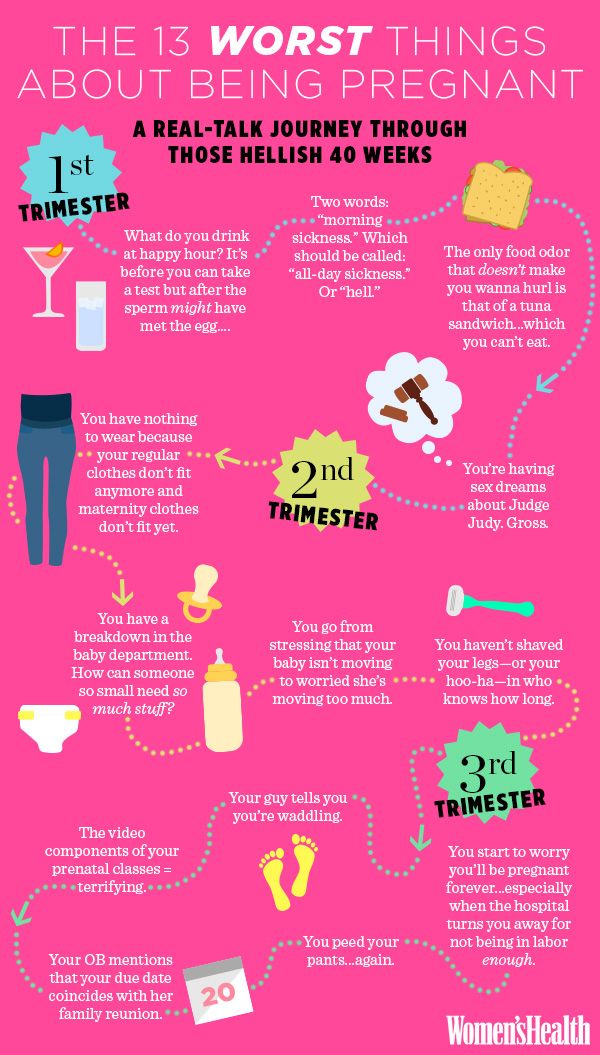What are good signs of a healthy pregnancy
Signs of a Healthy Pregnancy – Maintaining the Good Antenatal Care
The signs of a healthy pregnancy vary between women and not all women experience all the symptoms of pregnancy. The best way to ensure a healthy pregnancy is to make sure you receive good antenatal care and take care of yourself. Generally speaking a healthy mother is more likely to have a healthy baby, and this can best be achieved by working with general practitioners and/or midwives during your pregnancy.
The Importance Of A Healthy Pregnancy For A Healthy Baby
Statistically, a mother’s chance of miscarrying a foetus is highest before the 20th week of pregnancy so it is good counsel to consult with your healthcare practitioner at the first sign you think you may be pregnant.
The earliest signs of a healthy pregnancy differ between women. Some women may experience a combination of signs while others may not present with any so if you are unsure it is always best to err on the side of caution and consult with your healthcare practitioner. The first or earliest signs of pregnancy may include
- A missed period
- Nausea or vomiting, often early in the morning and thus referred to as ‘morning sickness’ (although it can occur at any time during the day)
- Tiredness, headaches or fatigue
- Enlargement or sensitivity of the breasts
- An enhanced sense of smell or avoidance of foods you previously used to like
- Food cravings, sometimes for unusual foods or food combinations
- Frequent urination
Because some of these symptoms may present because of other conditions, a pregnancy test will confirm if you are pregnant. Your healthcare practitioner may administer a blood test, a urine test or an ultrasound to confirm your pregnancy.
What Are The Signs Of A Healthy Pregnancy?
As mentioned above, a healthy mother is more likely to have a healthy baby and taking good care of your body is a good way to give birth to a healthy baby. If you are pregnant you must secure good antenatal care to preserve your health and that of your developing baby.
Consistent Growth Patterns
Good growth and development is the surest manner to keep track that your foetus is developing into a healthy baby. Having regular antenatal care helps your healthcare practitioner to plot your baby’s development and ensure that growth milestones are being achieved. On average a foetus can be expected to grow at a rate of about two inches per month. Generally, the average baby weighs around 3kg at the time of birth, but this figure is very dependent on the baby’s genetics.
Maternal Weight Gain
Attached to the development of the foetus is the weight gain and belly growth of the mother. At each antenatal appointment, your general practitioners will take your weight and measure the growth of your belly.
Foetal Movement
Your baby’s movements can usually be felt from about 5 months or 20 weeks and after some time you will start to notice a pattern to the movement. Your baby’s first movements are referred to medically as foetal quickening.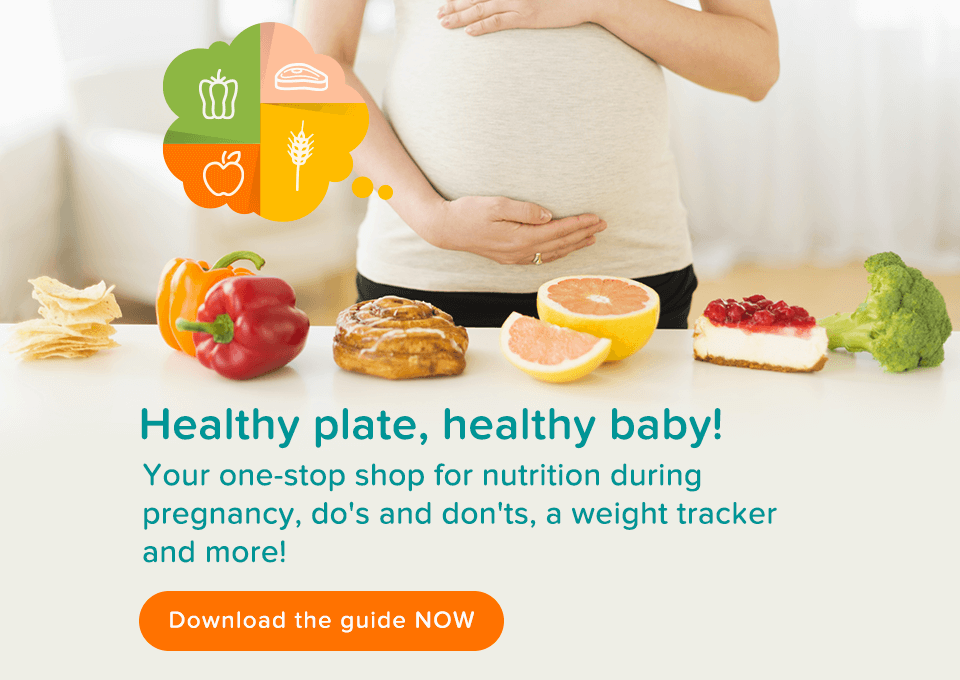
Warning signs during pregnancy | Pregnancy Birth and Baby
Warning signs during pregnancy | Pregnancy Birth and Baby beginning of content4-minute read
Listen
Pregnancy is a time of great change for your body, and in your life, as you get ready for your baby to arrive. It also can be a time when you may be worried about some of the changes you are experiencing, and you want to know when you should seek help.
Most changes in your body are likely to be a normal part of pregnancy. Most pregnancy health issues are mild and common. However, some signs can indicate that things may not be going well, and could point to a more serious pregnancy complication.
Some of these symptoms may appear at different stages of your pregnancy; others might occur at any time.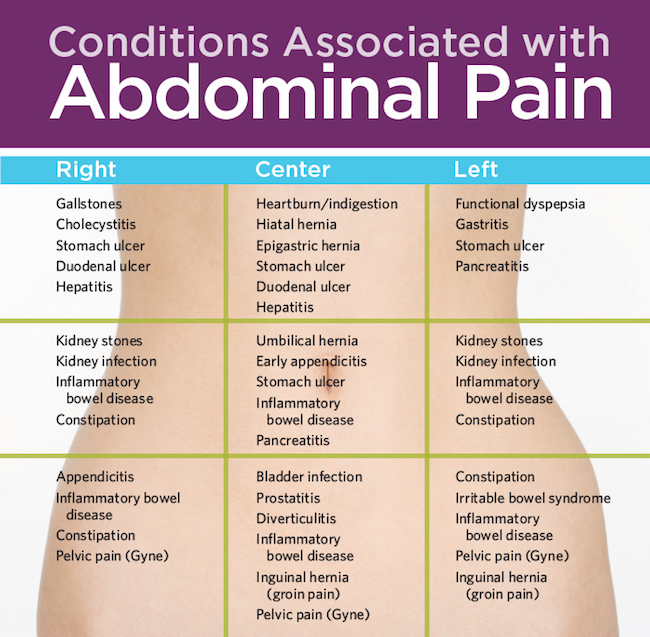 Even if you are not sure about your symptoms but think that something just doesn't feel right with your own or your baby's health, it's important to get it checked out.
Even if you are not sure about your symptoms but think that something just doesn't feel right with your own or your baby's health, it's important to get it checked out.
Contact your doctor, midwife or hospital immediately if you have any of the following symptoms:
Any time during pregnancy
While some signs may only appear at certain times during your pregnancy, many can occur at any stage, including:
- prolonged or severe vomiting
- bleeding from your vagina
- a discharge from your vagina that is unusual, or a lot more than usual
- severe or long-lasting headaches
- dizziness
- continuing weight loss
- fever or chills
- urgency, pain or a burning feeling when urinating (weeing)
- feeling constantly out of breath, dizzy or weak or having a racing heart
- you have had a blow to your stomach (such as from a fall, crash or a family violence incident)
- you are experiencing problems with your emotional health that last longer than 2 weeks, such as feeling depressed, anxious or being unable to do your usual, everyday tasks
Early pregnancy (before 20 weeks)
Certain types of pain in the early stages of pregnancy could be a sign of miscarriage or an ectopic pregnancy:
- persistent or severe pain on one side of your abdomen or pain in the tip of one shoulder
- severe pain or cramping in your lower abdomen (tummy)
Later pregnancy (after 20 weeks)
Although some discomfort is common during the later stages of pregnancy, some signs need to be checked by a doctor immediately, including:
- changes to your vision, flashing lights or blurry eyesight, which are signs of pre-eclampsia
- sudden, severe swelling in your hands, feet or face
- an extreme itchiness of your skin, including hands and feet
- a large amount of swelling in your legs (which is also painful)
- if your baby has stopped moving or is moving differently
What happens next?
When you see your healthcare professional, they may perform some tests to check or maintain the health of you and your baby.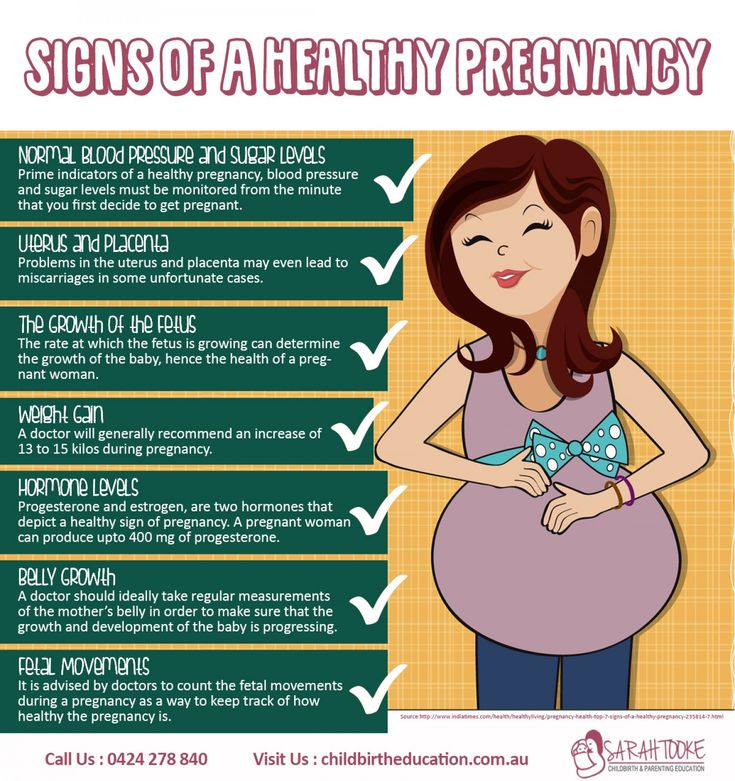 These tests may include:
These tests may include:
- a health assessment and investigation
- an ultrasound or blood test
You may also receive a referral to another doctor or specialist, and you can also get emotional support.
How can I avoid pregnancy complications?
It's often not possible to avoid a complication in pregnancy. You may have a higher chance of developing one if you have a health problem before conception, or had one during a previous pregnancy. There may also be a higher chance if you have a family history of pregnancy complications.
It may be possible to lessen the chance of developing a problem, or reduce the chance of a complication becoming worse, by making sure you go to all of your antenatal appointments. If a potential health issue is found, you may need additional antenatal appointments to more closely monitor the health of you and your baby.
Where to get help
- Phone your doctor, midwife or maternity hospital urgently if you have any concerns.
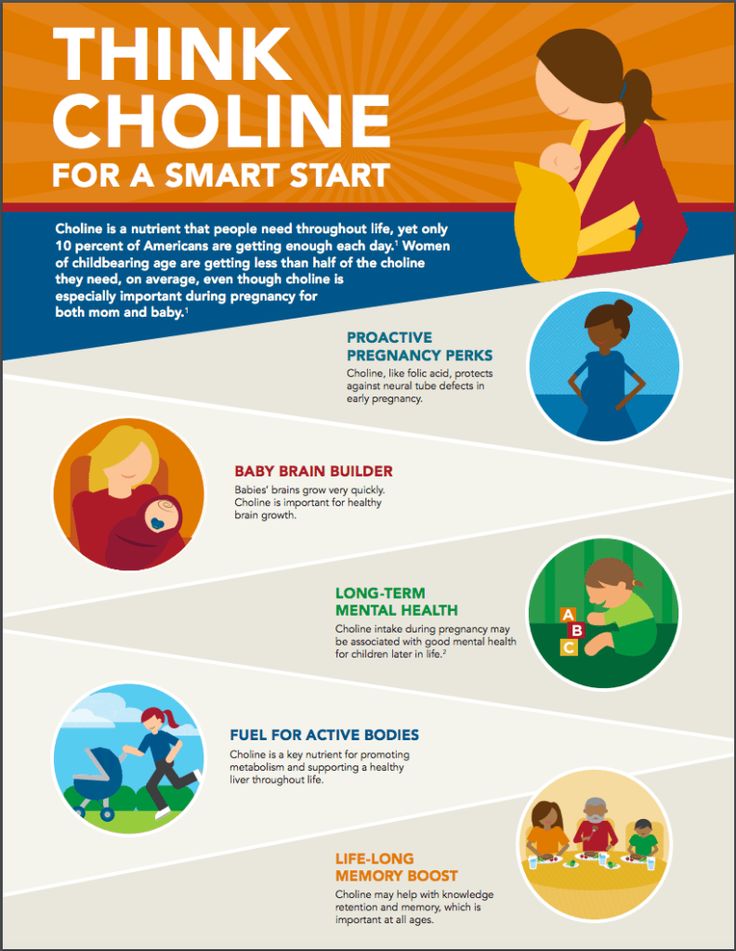
- Visit your hospital or call triple zero (000) and ask for an ambulance.
Other sources of advice
- Call Pregnancy, Birth and Baby on 1800 882 436 to speak to a maternal child health nurse.
- Consider visiting healthdirect's Symptom Checker for pregnancy if you are experiencing discomfort in pregnancy or are worried about any symptoms.
Sources:
NSW Health (Early pregnancy – when things go wrong), BabyCenter (Pregnancy symptoms you should never ignore), Raising Children Network (Health problems in pregnancy)Learn more here about the development and quality assurance of healthdirect content.
Last reviewed: April 2021
Back To Top
Need more information?
Early pregnancy: when things go wrong - Maternal, child and family health
Early pregnancy – when things go wrong is a resource that offers expert advice and support to women experiencing complications in early pregnancy.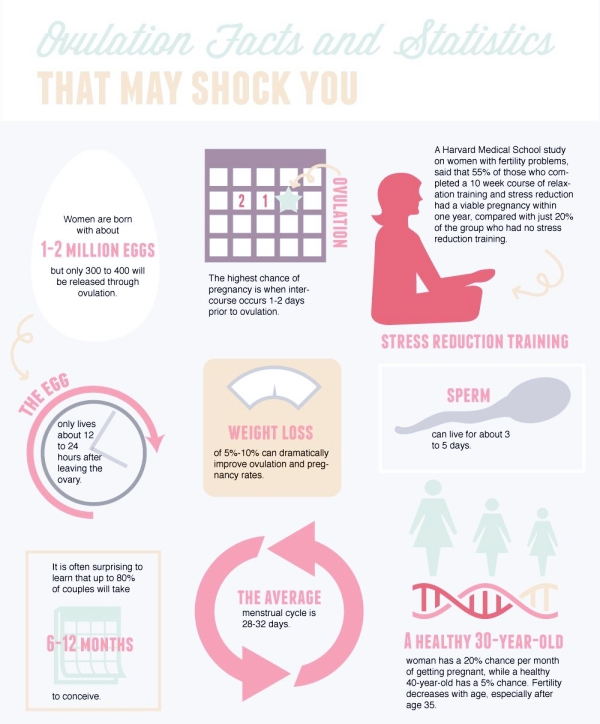
Read more on NSW Health website
What is a stillbirth?
The cause of a stillbirth is often unknown, but you can help to lower the risk. Learn about prevention, warning signs and giving birth to a stillborn baby here.
Read more on Pregnancy, Birth & Baby website
Pregnancy: premature labour & birth | Raising Children Network
Are you likely to be having a premature birth? Here’s all you need to know about preparing for and recovering from premature labour and birth.
Read more on raisingchildren.net.au website
Premature babies and birth | Raising Children Network
Premature babies are born before 37 weeks of pregnancy.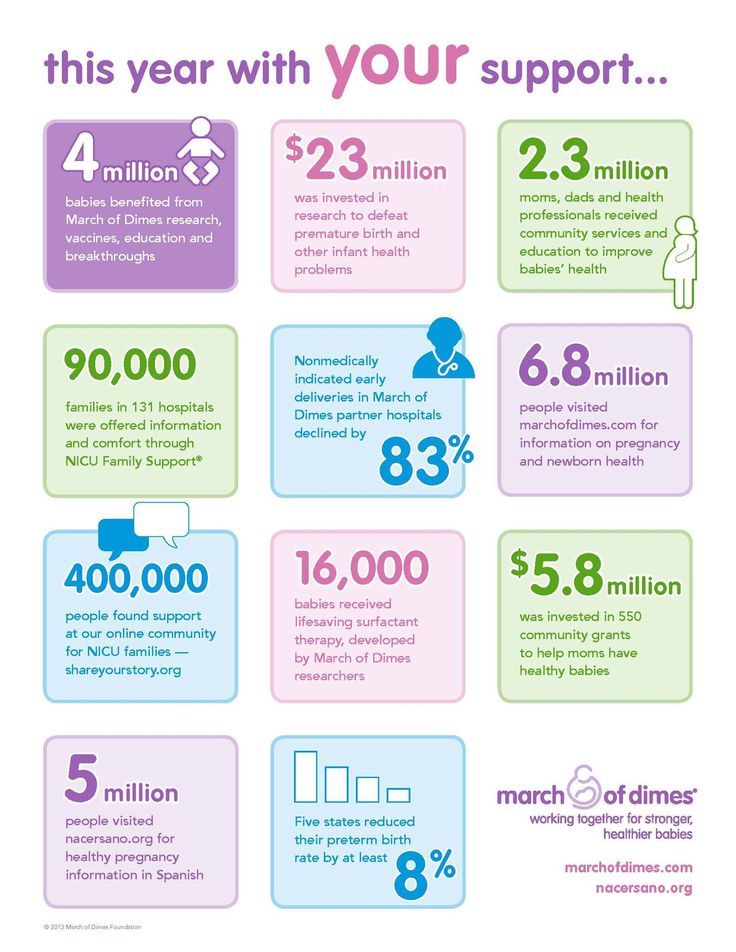 Our essential guide covers premature birth, babies, development, NICU and more.
Our essential guide covers premature birth, babies, development, NICU and more.
Read more on raisingchildren.net.au website
Pregnancy: miscarriage & stillbirth | Raising Children Network
Have you experienced a miscarriage or stillbirth? Find articles and videos about coping with the grief of losing a pregnancy or having a stillbirth.
Read more on raisingchildren.net.au website
Bleeding or pain in early pregnancy
One in 4 women will experience bleeding and/or pain during their first 12 weeks of pregnancy. Unfortunately half of these pregnancies may also end in miscarriage, which cannot be prevented.
Read more on WA Health website
What really happens during a miscarriage
Understand what actually happens during a miscarriage and what you might see and feel.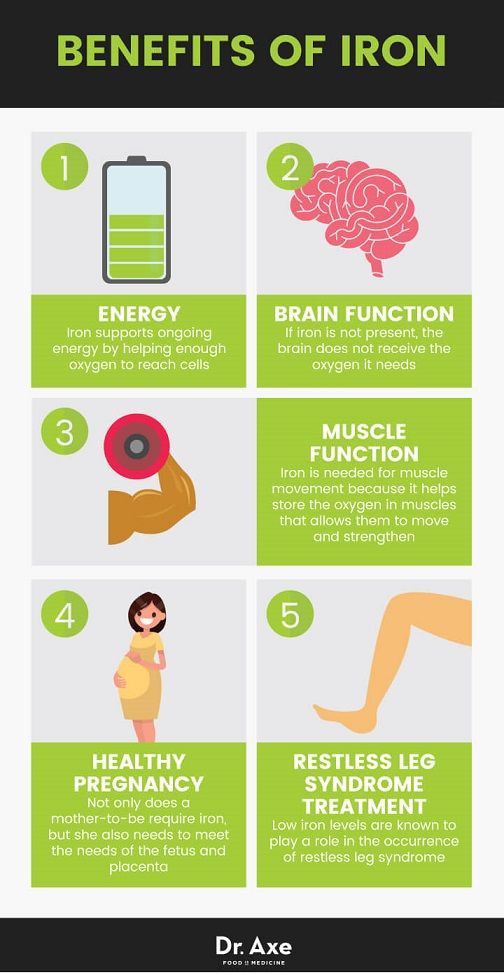 Please be warned that this article contains some graphic descriptions.
Please be warned that this article contains some graphic descriptions.
Read more on Pregnancy, Birth & Baby website
Stillbirth and neonatal death | Raising Children Network
Information about pregnancy loss, stillbirth and neonatal death, including grief and getting support.
Read more on raisingchildren.net.au website
Pregnancy - preeclampsia - Better Health Channel
There is no evidence that preeclampsia is caused by emotional stress, working too hard or not getting enough rest.
Read more on Better Health Channel website
Miscarriage
A miscarriage is the loss of a baby, usually during the first three months or first trimester of pregnancy.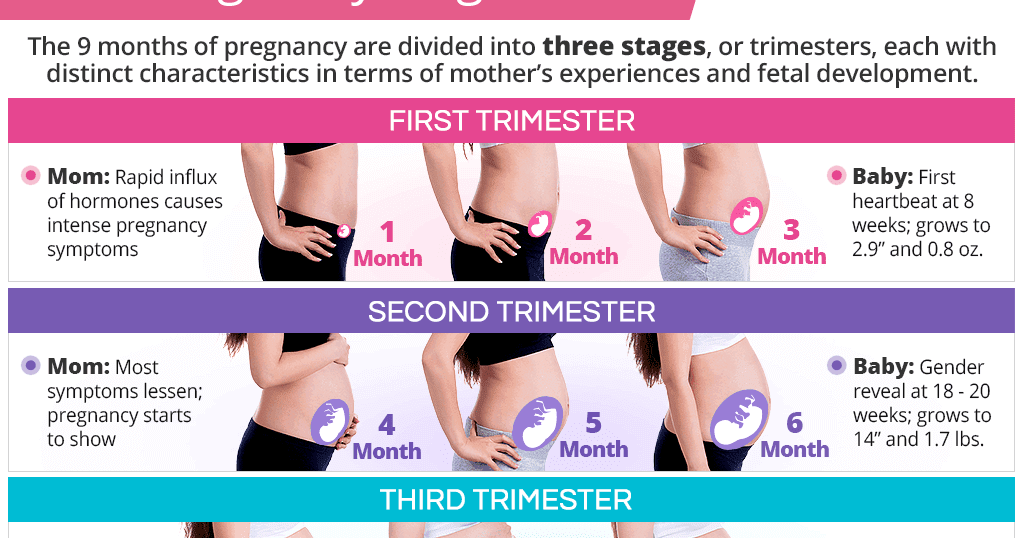
Read more on Pregnancy, Birth & Baby website
Disclaimer
Pregnancy, Birth and Baby is not responsible for the content and advertising on the external website you are now entering.
OKNeed further advice or guidance from our maternal child health nurses?
1800 882 436
Video call
- Contact us
- About us
- A-Z topics
- Symptom Checker
- Service Finder
- Linking to us
- Information partners
- Terms of use
- Privacy
Pregnancy, Birth and Baby is funded by the Australian Government and operated by Healthdirect Australia.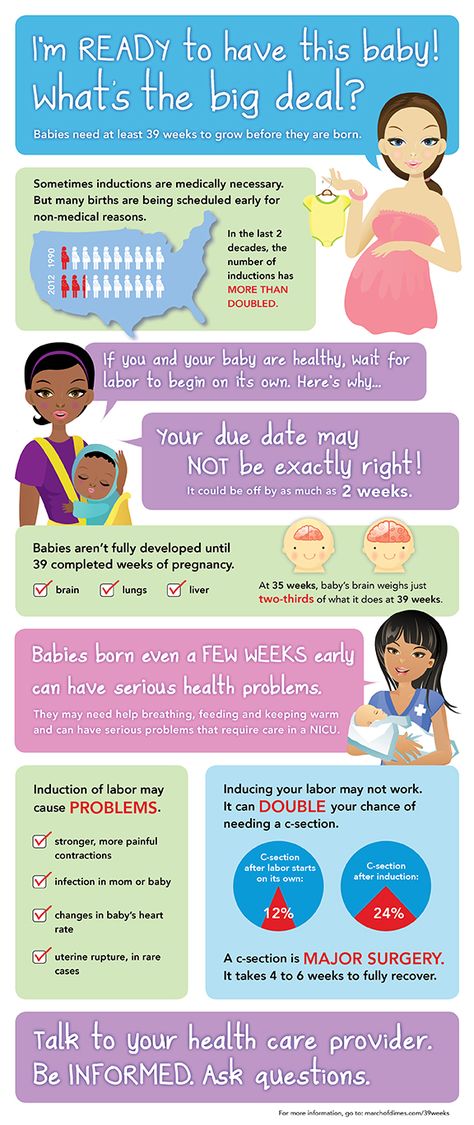
Pregnancy, Birth and Baby is provided on behalf of the Department of Health
Pregnancy, Birth and Baby’s information and advice are developed and managed within a rigorous clinical governance framework. This website is certified by the Health On The Net (HON) foundation, the standard for trustworthy health information.
This site is protected by reCAPTCHA and the Google Privacy Policy and Terms of Service apply.
This information is for your general information and use only and is not intended to be used as medical advice and should not be used to diagnose, treat, cure or prevent any medical condition, nor should it be used for therapeutic purposes.
The information is not a substitute for independent professional advice and should not be used as an alternative to professional health care. If you have a particular medical problem, please consult a healthcare professional.
Except as permitted under the Copyright Act 1968, this publication or any part of it may not be reproduced, altered, adapted, stored and/or distributed in any form or by any means without the prior written permission of Healthdirect Australia.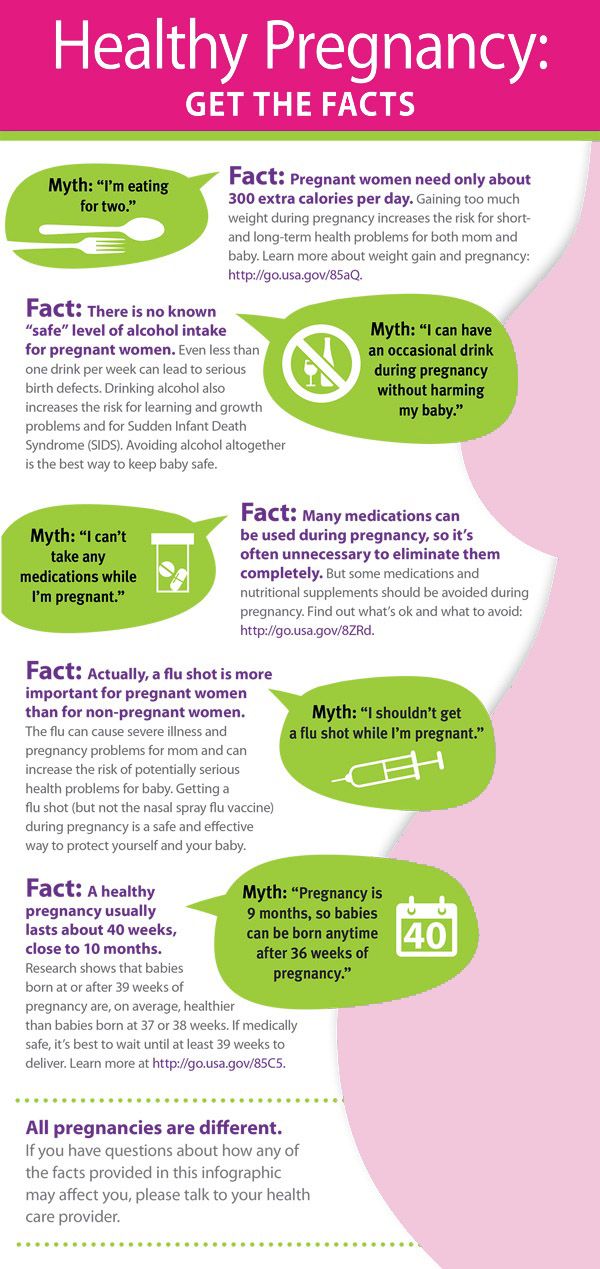
Support this browser is being discontinued for Pregnancy, Birth and Baby
Support for this browser is being discontinued for this site
- Internet Explorer 11 and lower
We currently support Microsoft Edge, Chrome, Firefox and Safari. For more information, please visit the links below:
- Chrome by Google
- Firefox by Mozilla
- Microsoft Edge
- Safari by Apple
You are welcome to continue browsing this site with this browser. Some features, tools or interaction may not work correctly.
Pregnancy: signs and symptoms
Feeling good during pregnancy is sometimes spoiled by unpleasant side effects such as morning sickness. Home remedies and changing some habits can often ease the discomfort of pregnancy.
Overview
- During pregnancy, a woman's body changes to accommodate the baby's growth and prepare to meet its needs.
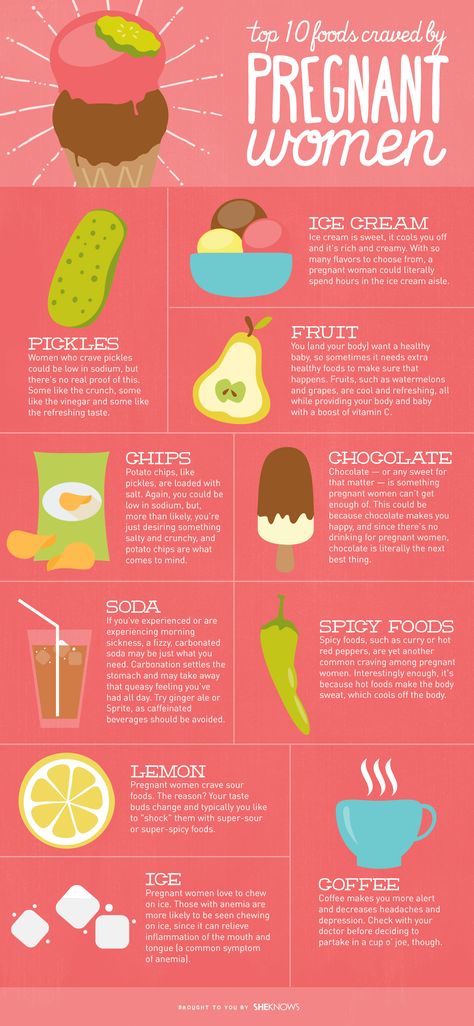
- Changes in the body can cause unpleasant side effects. nine0008
- The most common complaints of pregnant women are nausea, breast tenderness, fatigue, back pain and inflammation of the gums.
- These symptoms are usually not harmful and will go away with time.
- However, if you have any doubts or experience prolonged or unusual symptoms during pregnancy, you should seek the help of a doctor or midwife.
Note: The information in this article cannot and should not replace a visit to a doctor, nor be used for self-diagnosis or self-treatment.
What is the cause of unpleasant symptoms during pregnancy?
During pregnancy, a woman's body changes to provide her growing baby with everything she needs and prepares for childbirth.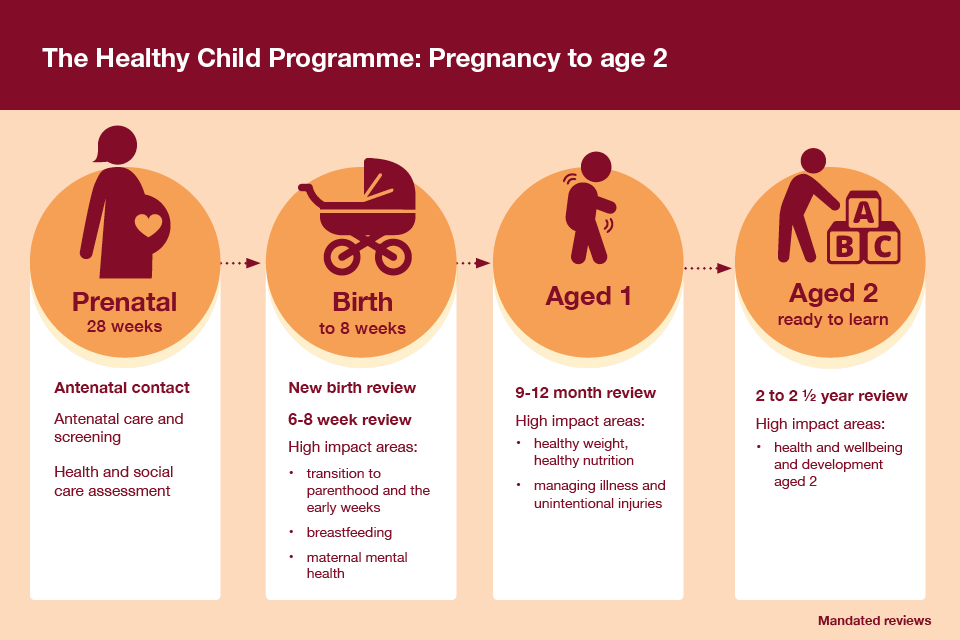 Many women enjoy this time and feel better than ever. However, changes in the body can often cause discomfort. As a rule, these symptoms do not cause much harm and can change over several months. Some women suddenly feel tired or very hungry. Others develop sensitivity to certain smells, nausea, or chest pains. nine0003
Many women enjoy this time and feel better than ever. However, changes in the body can often cause discomfort. As a rule, these symptoms do not cause much harm and can change over several months. Some women suddenly feel tired or very hungry. Others develop sensitivity to certain smells, nausea, or chest pains. nine0003
These typical signs can sometimes tell mothers-to-be that they are pregnant long before they test positive. It is not recommended to take medications and herbal supplements during pregnancy without consulting a doctor, however, home remedies and small changes in some habits can often ease the discomfort of pregnancy.
What are the first signs of pregnancy?
How long a woman realizes she is pregnant can vary greatly. An important sign of pregnancy is the absence of menstruation. However, some women notice possible signs of pregnancy even before the delay.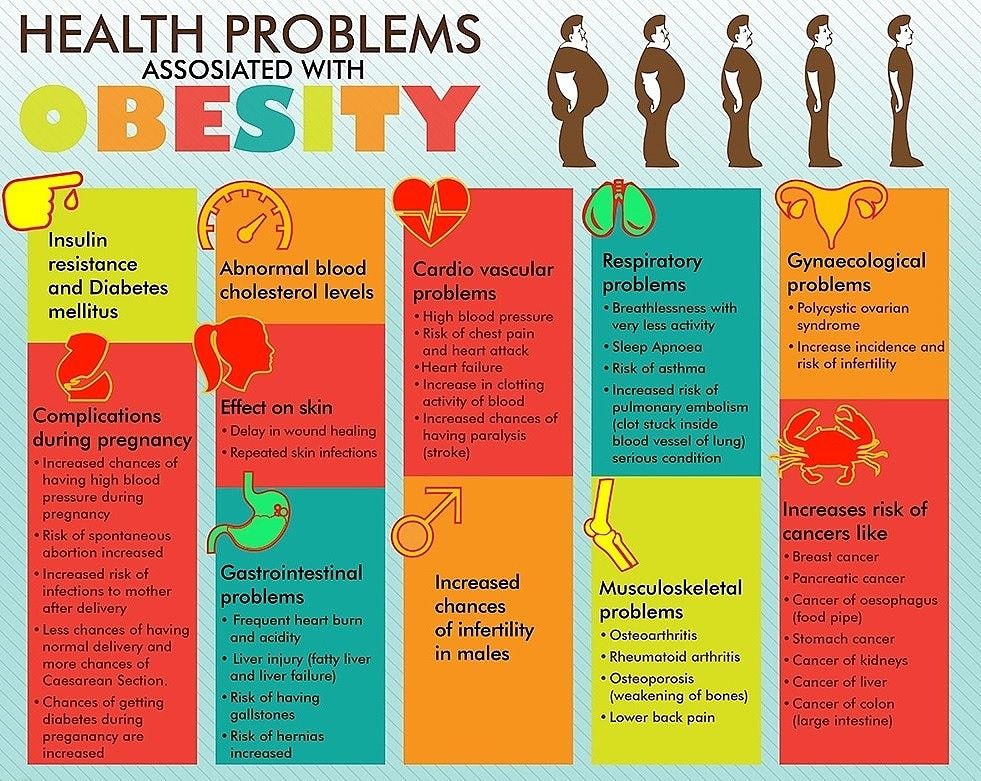 The following are the first signs of pregnancy:
The following are the first signs of pregnancy:
- morning sickness;
- sensitivity to smells and food;
- unusual appetite or feeling of hunger;
- soreness in the chest;
- fatigue;
- bloating and flatulence.
Pregnancy tests help you determine if a woman is pregnant or not at home. They can be purchased without a prescription at pharmacies or online. After implantation of a fertilized egg in the uterus, the body begins to produce pregnancy hormone. It can be detected in the urine after about 14 days. However, if there is still little pregnancy hormone in the body, the test may be negative, despite the fact that there is a pregnancy. If the test shows a positive result, most likely, pregnancy has occurred. nine0003
You should visit your gynecologist as soon as possible to confirm. Also, a midwife can determine whether you are pregnant or not. With the help of a blood test, after six to nine days, it is possible to say with certainty whether a woman is pregnant or not.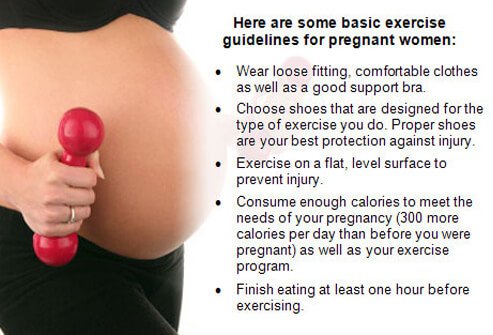 From the fifth or sixth week, pregnancy can be determined using a painless ultrasound examination. The gynecologist can also calculate the expected due date.
From the fifth or sixth week, pregnancy can be determined using a painless ultrasound examination. The gynecologist can also calculate the expected due date.
What are typical pregnancy symptoms and how to manage them? nine0005
Pregnancy is not a disease. But while a child grows in the womb of a future mother, her body is constantly changing. This can lead to the appearance of various accompanying symptoms, as well as complaints. Most of these effects are harmless and go away with time. For some symptoms, simple home remedies and changing certain habits can help. If any symptom does not go away for a long time or causes great concern, the expectant mother should consult a doctor. Midwives can also help in such cases. nine0003
The following are typical problems that occur during pregnancy.
Bloating and constipation
Bloating is common during pregnancy.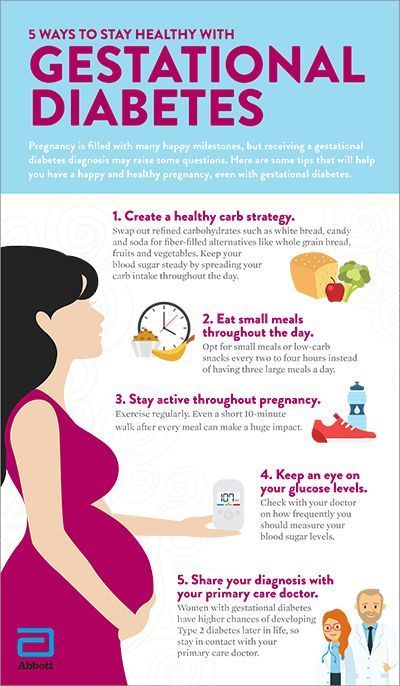 A woman's body produces hormones that relax the muscles for the growth of the abdomen and subsequently for childbirth. The muscles of the intestines also relax. This slows down digestion and can lead to constipation and bloating. In late pregnancy, the growing uterus can compress the intestines.
A woman's body produces hormones that relax the muscles for the growth of the abdomen and subsequently for childbirth. The muscles of the intestines also relax. This slows down digestion and can lead to constipation and bloating. In late pregnancy, the growing uterus can compress the intestines.
Bloating and constipation cause discomfort to the woman, but do not harm the child. Do not use laxatives: many of them are not recommended for pregnant women. Enemas are not suitable in such cases, as they can provoke childbirth. nine0003
For flatulence and constipation, follow the recommendations below.
- Eat small meals several times a day.
- Avoid foods that cause gas such as onions, cabbage, broccoli or fried foods.
- Fennel, anise and cumin tea or tummy massage oil can be used to relieve discomfort.
- In general, to reduce bloating and constipation, try to be active, take warm baths and use heat sources. nine0008
- Drink plenty of fluids.

- Use soaked dried fruits, psyllium husks, or flaxseed to stimulate digestion.
If the problem persists, ask your midwife or doctor for advice.
Urinary incontinence (bladder weakness)
Many women have to go to the toilet more often during pregnancy. Some hormones that are produced during pregnancy cause the muscles to relax. These muscles also include the sphincter of the bladder. In the later stages, the enlarged uterus presses on the bladder, and women have to go to the toilet more often. nine0003
Seven out of ten pregnant women occasionally experience urine leakage, especially when coughing, sneezing, laughing or running. This is especially true in the last trimester of pregnancy and for women who have given birth before.
In case of urinary incontinence during pregnancy, strengthening the pelvic floor muscles with gymnastics helps. Expectant mothers can start exercising as soon as they have the first signs of incontinence. Symptoms often disappear during pregnancy. Gymnastics also prevents the development of urinary incontinence after childbirth or its later recurrence. Your midwife or doctor can talk about exercises to strengthen your pelvic floor. In addition, there are many instructions and exercise videos on the Internet. nine0003
Gymnastics also prevents the development of urinary incontinence after childbirth or its later recurrence. Your midwife or doctor can talk about exercises to strengthen your pelvic floor. In addition, there are many instructions and exercise videos on the Internet. nine0003
Soreness in the chest
A feeling of soreness in the chest is often one of the first signs of pregnancy. This is due to hormonal changes. As a rule, the breast increases in the first few weeks or months, sometimes even several sizes. The mammary glands enlarge, they have a feeling of tension or heaviness, the chest becomes sensitive to touch.
What can help with an unpleasant feeling of tightness in the chest?
- Gentle massage with oils such as lavender, almond or orange blossom oil
- Wet warm compresses with a few drops of lavender oil
- Warm lavender bath
- Well-fitting, supportive and elastic bra with wide straps (nursing bras are also great)
In most cases, breast tenderness disappears after the first three months of pregnancy.
Sensitivity to smells
Many pregnant women may suddenly feel disgusted when they open the refrigerator or smell coffee, cigarette smoke or certain foods. Even brushing your teeth can trigger a gag reflex. Smell sensitivity often occurs in the first trimester of pregnancy and has a logical reason: your body doesn't want you to eat or drink anything that doesn't suit you. It is also associated with hormonal changes during pregnancy. Trust your body and listen to it. If you feel nauseated from food or smells, the scent of chopped citrus will help. nine0003
Hair loss or increased hair growth
Hair growth may change several times during pregnancy. In the early months of pregnancy, some women are shocked by the amount of hair they find on their comb or shower drain. Nothing can be done about it. As soon as the hormones return to normal, the problem disappears, and the condition of the hair often improves. From the middle of pregnancy, many women's hair becomes more lush and shiny.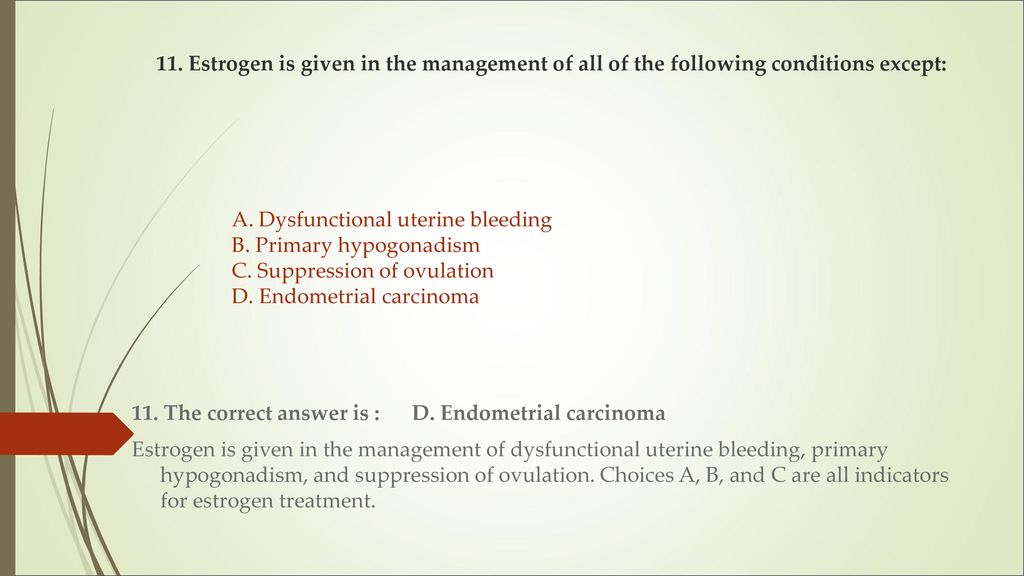 However, in some cases, this also applies to facial and body hair. nine0003
However, in some cases, this also applies to facial and body hair. nine0003
After childbirth, another hormonal restructuring occurs, and the hair may begin to fall out again. But this hair loss is also temporary and lasts no more than 3-12 months.
An important point for women with color-treated hair: if possible, avoid dyeing or bleaching your hair during pregnancy. Instead, you can use vegetable hair dyes or tint your hair.
Hemorrhoids
Everyone has hemorrhoids. These are well-supplied vascular ridges, which, together with the sphincter, can block the intestinal outlet. During pregnancy, they may increase. nine0003
Unpleasant side effects are listed below:
- itching;
- weeping eruption;
- pain in the anus;
- sensation of pressure or presence of a foreign body;
- slight, bright red traces of blood on toilet paper after wiping.
Many women in the last months of pregnancy complain of an increase in hemorrhoids.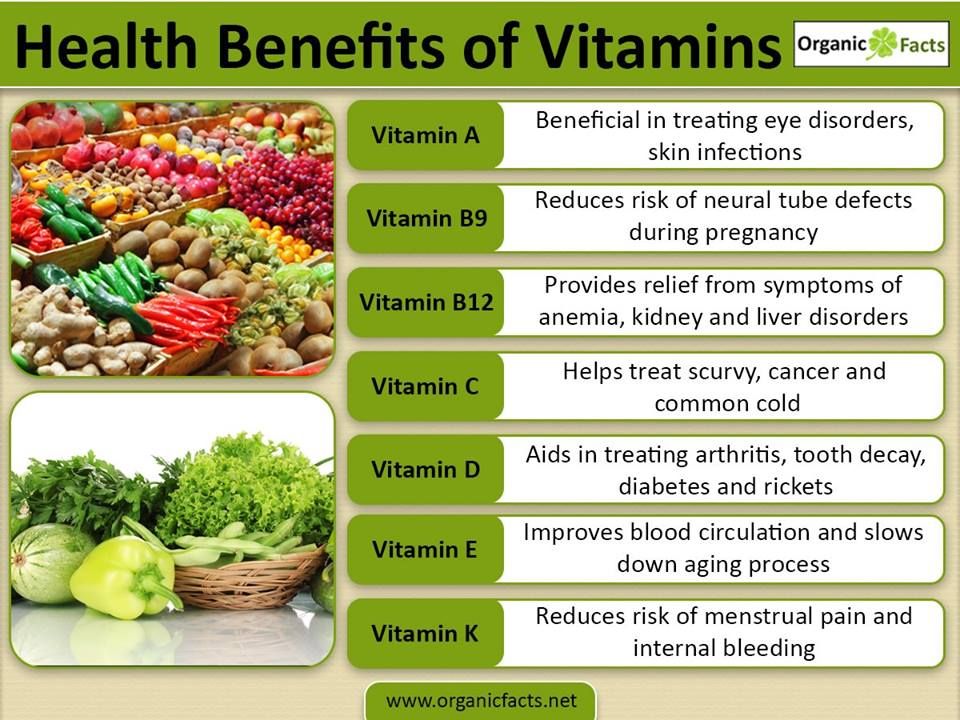 It is caused by increased blood flow in the pelvis and hormones that dilate the blood vessels. Too much pressure with constipation or hard stools can also lead to hemorrhoids. It usually resolves without intervention after the baby is born. nine0003
It is caused by increased blood flow in the pelvis and hormones that dilate the blood vessels. Too much pressure with constipation or hard stools can also lead to hemorrhoids. It usually resolves without intervention after the baby is born. nine0003
The tips below can help with hemorrhoids during pregnancy.
- Drink plenty of fluids to keep your stools soft.
- Eat plenty of fruits and vegetables and, if possible, high-fiber whole grains.
- Use soaked flax seeds or psyllium to soften stools.
Consult your physician before using any decongestant or pain-relieving ointments or tinctures. nine0003
Strong hunger or increased appetite
Almost everyone knows the stereotype: “Pregnant women love pickles”. Indeed, expectant mothers often want something unusual or strange combinations of sweet, sour or salty foods. Do not worry: as long as the body absorbs such products, it will not harm you.
Unusual appetite is caused by increased insulin production during pregnancy.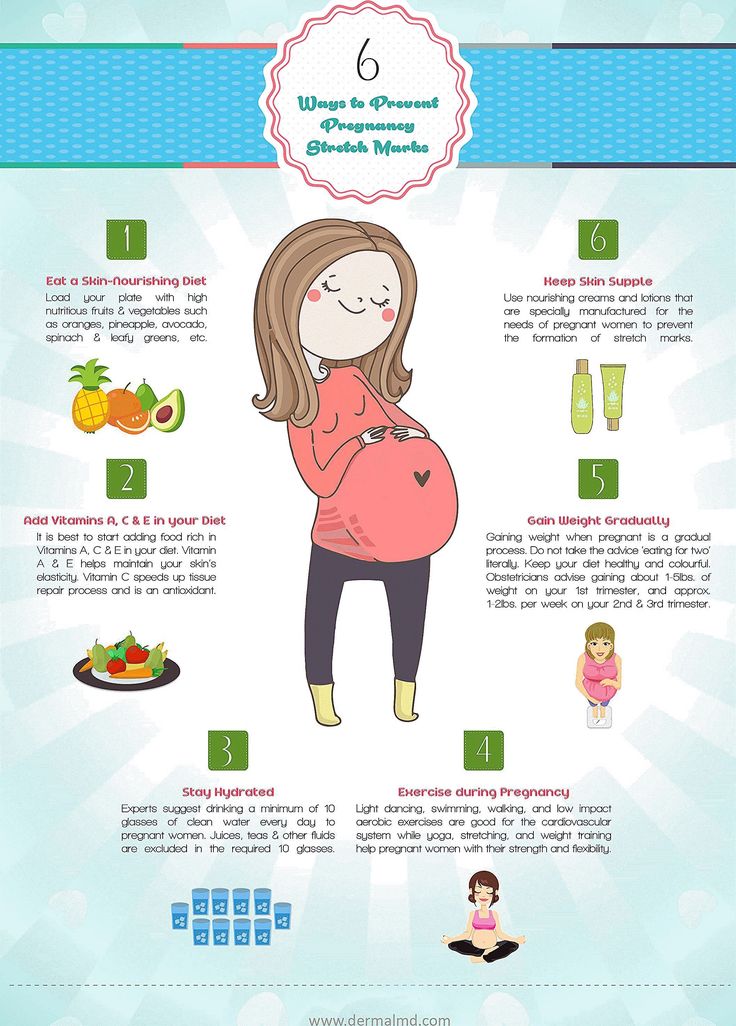 As soon as the blood sugar level drops, the body reacts with a sudden strong feeling of hunger. nine0003
As soon as the blood sugar level drops, the body reacts with a sudden strong feeling of hunger. nine0003
What can help?
- Keep healthy snacks or fruit on hand at all times.
- Eat small meals regularly throughout the day.
Is there for two?
During pregnancy, metabolism changes, so many pregnant women have a very good appetite. In order to provide your child with the necessary nutrients, without gaining excess weight, you need to watch your diet and eat healthy and varied foods. As pregnancy progresses, appetite decreases again, as the growing uterus squeezes the stomach from below. nine0003
Varicose veins
Varicose veins may develop during pregnancy. Often this happens in the first three months. Unesthetic blue veins usually disappear after the baby is born. Varicose veins during pregnancy have various causes. It occurs due to more blood in the veins. The baby's increasing weight also puts pressure on the blood vessels in the pelvis and legs.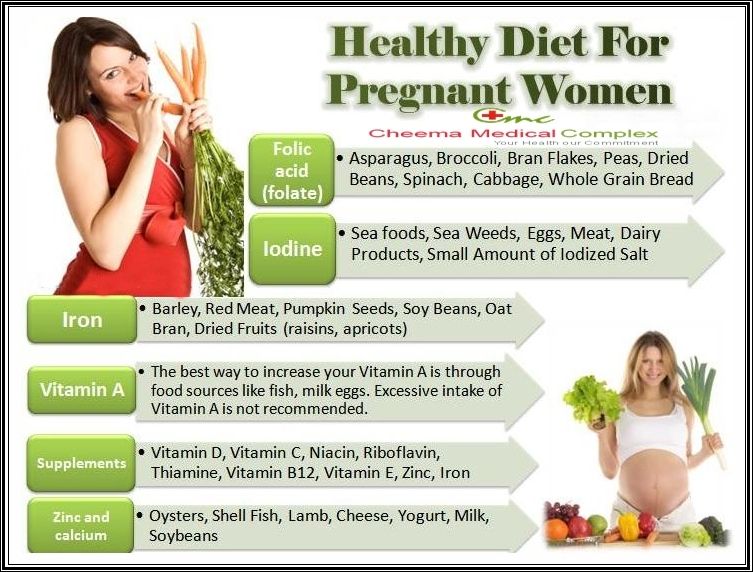
Recommendations for varicose veins
- Raise your legs several times a day. nine0008
- If possible, sleep with your legs elevated.
- Exercise your feet and legs to improve circulation.
- In the morning, wash your feet alternately with warm and cold water.
- Walk and move as much as possible.
- Your doctor may prescribe compression stockings for you.
Fatigue
Pregnant women often feel tired, especially during the first trimester of pregnancy. This may be due to hormonal changes and metabolic changes. In addition, in early pregnancy, blood pressure is sometimes lowered. Pregnant women should get enough sleep and rest. Perhaps your partner can unload you so you can incorporate rest phases into your daily routine. nine0003
The following tips will help you get your energy back:
- regular outdoor physical activity;
- moderate exercise suitable for pregnant women;
- contrast shower in the morning;
- invigorating rosemary bath.
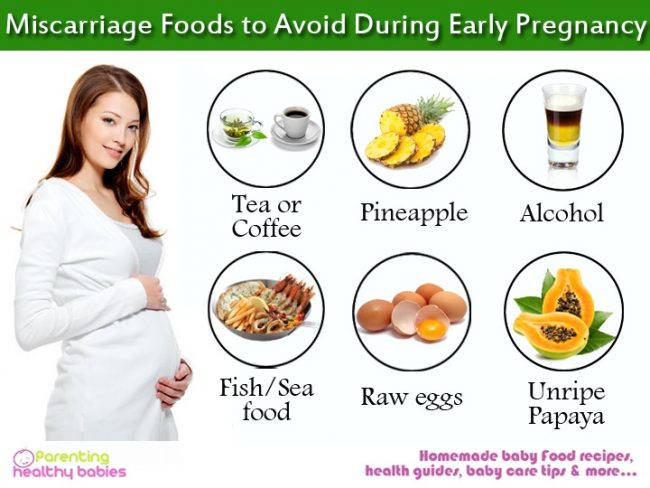
A doctor or midwife can determine if there are physical causes of constant fatigue.
Back pain
Many pregnant women, especially in the last months of pregnancy, experience back pain. Most often, the lower back hurts. Sometimes the pain even radiates to the legs. The increasing weight of the child creates a load on the muscles and ligaments of the spine. Due to the growing belly, many women develop a deflection in the back. In addition, under the influence of certain hormones, the cartilage, tendons, and ligaments in the pelvis become softer and more elastic, which can also lead to back pain. The best way to prevent back pain is to strengthen your back muscles. nine0003
Tips for reducing back pain
- Relax your back muscles with a warm bath, heating pad or red light.
- Massage painful areas yourself or visit a massage therapist.
- Regularly engage in low-intensity sports such as swimming, water aerobics, yoga, or walking.

- Do the muscle-strengthening exercises that you can learn in pregnancy gymnastics classes.
- Wear comfortable flat shoes. nine0008
If your symptoms are severe, your doctor may prescribe a stabilizing brace to support your abdomen.
Sleep disturbances and insomnia
Tired but unable to sleep or waking up frequently? Many pregnant women are familiar with this problem. The bigger your belly gets, the harder it is to find a comfortable sleeping position. Frequent urination, calf muscle cramps, heartburn, and other symptoms associated with pregnancy interfere with restful sleep. Sometimes the baby begins to move actively when you are preparing to fall asleep. nine0003
The tips below will help you sleep better.
- Eat only light meals in the evening.
- Avoid caffeinated drinks.
- Try to end the day as calmly as possible.
- Stay up until you feel very tired.
- Be sure to ventilate your bedroom well to keep it cool.
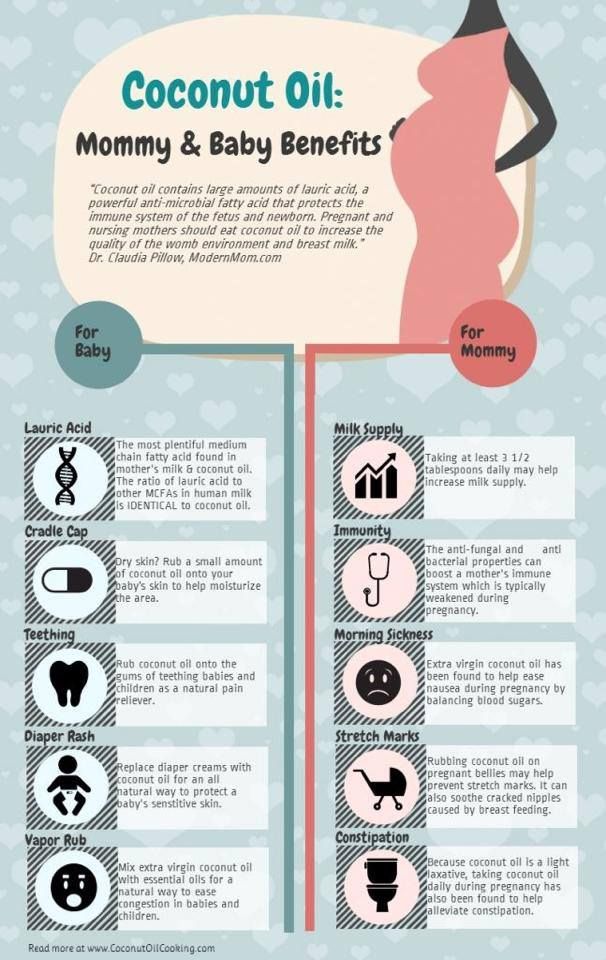
- Place pillows under your stomach, back and knees.
- Regular physical activity, light exercise during the day or an evening walk will help you sleep. nine0008
- Autogenic training or mindfulness exercises can help you relax.
- Acupuncture, massage or yoga can also help with insomnia.
Consult your doctor before taking any sedative or sleeping pills.
Stretch marks
The circumference of the abdomen often increases by 30-40 centimeters due to the growing baby inside. The skin and connective tissue are working at their limit. Such a strong stretch can lead to small tears in the subcutaneous tissue. They look like bluish or reddish stripes. Stretch marks can occur not only on the abdomen, but also on the chest or thighs. nine0003
Some women experience itching, burning or numbness. After childbirth, most stretch marks disappear or decrease in size. Unfortunately, their appearance cannot be prevented, and they will remain forever.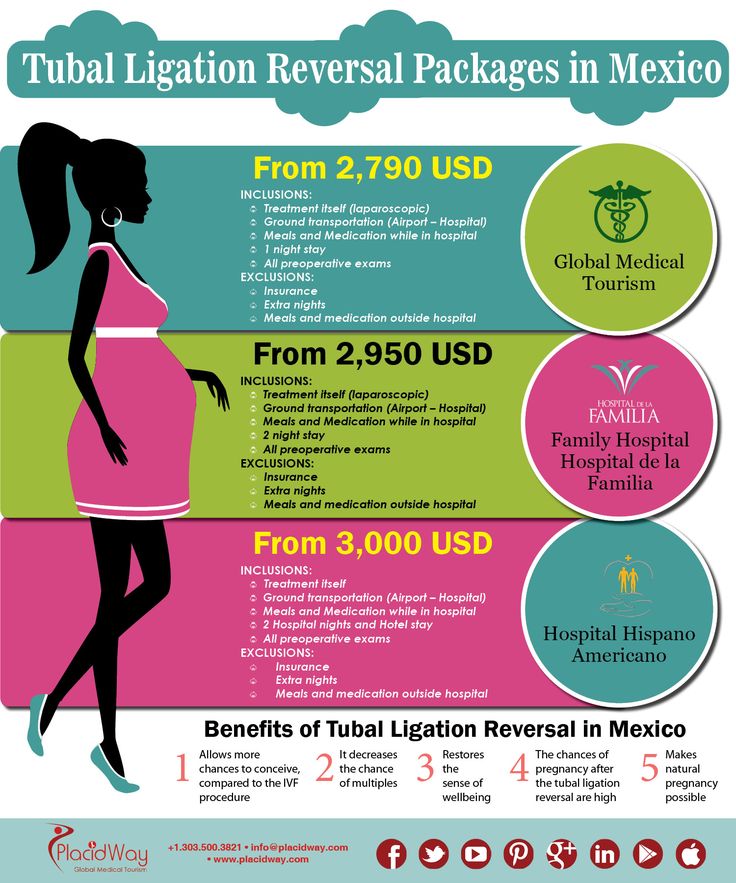 Many pregnant women take care of their skin with creams or oils. This may relieve the feeling of tightness of the skin, but will not protect against the appearance of stretch marks.
Many pregnant women take care of their skin with creams or oils. This may relieve the feeling of tightness of the skin, but will not protect against the appearance of stretch marks.
Heartburn
Some women experience heartburn during pregnancy. This is frequent or "sour" belching and a burning sensation in the chest. The cause of heartburn is usually a growing uterus that presses on the stomach from below. In addition, pregnancy hormones cause the muscles between the stomach and esophagus to become more pliable. Therefore, stomach acid can rise up into the esophagus and cause heartburn. This can happen intermittently or happen over a long period. Heartburn often occurs in women in the last trimester of pregnancy. nine0003
Tips for preventing heartburn during pregnancy
- Eat small meals regularly throughout the day.
- Eat slowly and chew your food well.
- Avoid coffee, black tea, sugar, citrus fruits or legumes.
- Do not eat immediately before lying down.
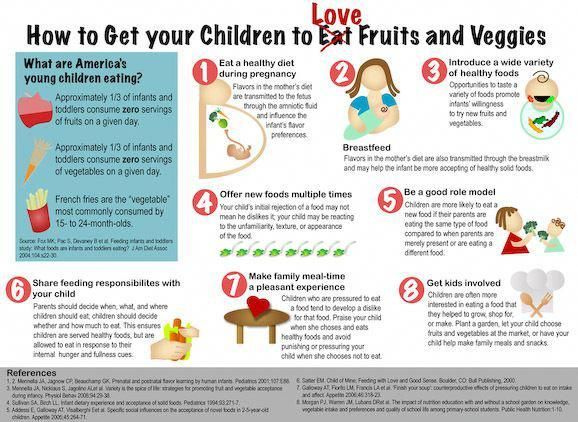
- If symptoms occur while lying down, sleep with your upper body slightly elevated.
- Chew almonds, hazelnuts or dry bread slowly. nine0008
- A tablespoon of cream or condensed milk helps some women.
- A tea made from ginger, fennel, coriander seeds, cumin, sage, or peppermint may relieve heartburn.
Mood swings
Hormone fluctuations during pregnancy can also affect mood. Some women become especially sensitive and often cry. Feelings such as joy and sadness, happiness and anger can quickly replace each other. It is advisable to treat this with humor: such mood swings are absolutely normal and cannot be avoided. The hormonal background usually stabilizes in the second trimester of pregnancy, and then women become more balanced again. nine0003
Nausea and vomiting
Many women experience nausea and vomiting in early pregnancy. These symptoms appear mostly in the morning, but may persist throughout the day. Certain smells and foods cause nausea in many pregnant women.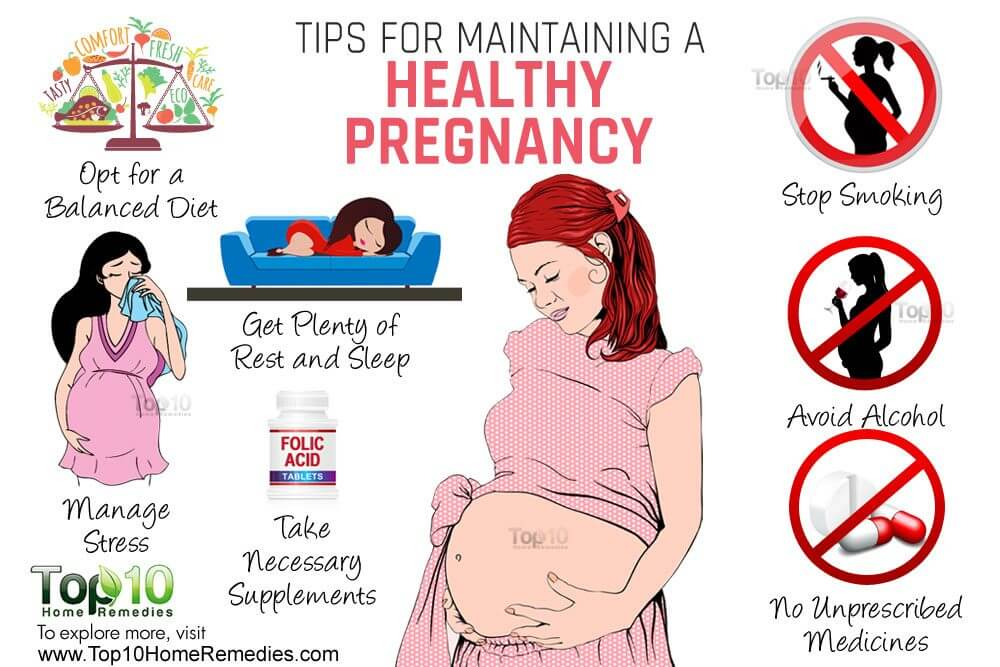
Morning sickness and bouts of vomiting most often occur in early pregnancy, especially between the 6th and 12th weeks. Nausea usually resolves by the fourth month and only in rare cases persists until childbirth. nine0003
The exact cause of nausea and vomiting during pregnancy is not known. Genetic, hormonal or metabolic causes can act as a trigger. Every woman finds her own ways to deal with nausea. Much of the advice below is based on their experience. Research has proven the effectiveness of only a few home remedies, such as ginger products.
What can help with nausea during pregnancy?
- Immediately after waking up, eat a piece of cracker, dry biscuit or crispbread in bed.
- Avoid acidic fruits, juices or carbonated drinks.
- Divide your meal into several smaller meals.
- Avoid foods and smells that cause nausea.
- Sniff a sliced lemon or orange.
- Some studies have shown that taking ginger tea, capsules, syrup or powder reduces nausea.

- Chew the hazelnuts slowly (you can eat a small handful). nine0008
- Acupressure wrist bands are said to help relieve nausea by stimulating specific acupuncture points on the wrist.
Nausea and vomiting become a serious problem if you feel very ill and cannot eat enough. In case of severe persistent vomiting, you should contact your gynecologist or midwife. They may also recommend medicine for nausea.
Leg cramps
Painful calf cramps usually occur in pregnant women at night. The reasons for this are not exactly known. It is believed that leg cramps can be caused by a lack of certain minerals, such as magnesium, calcium, potassium, and salt. During pregnancy, these substances are largely washed out of the body. Deficiencies in vitamins E and D, metabolic changes, too much or too little exercise can also cause painful cramps. nine0003
Advice for leg cramps
- While lying down, stretch your leg, pull your toes up and push your heel away from you.
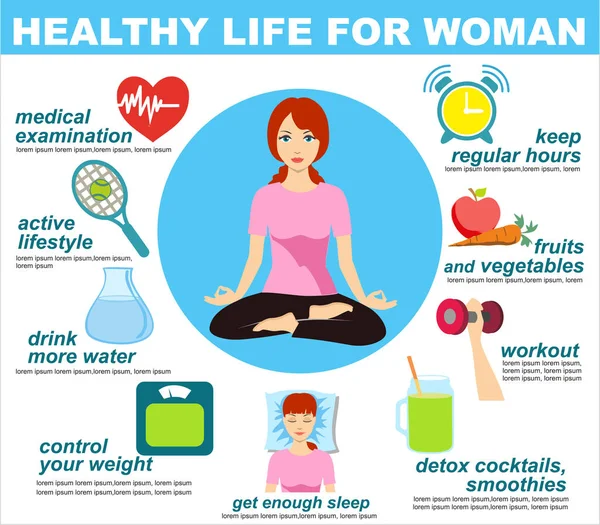
- While standing, press the soles of your feet to the ground and bend the knee of one leg to stretch the calf muscle of the other.
- Good sources of magnesium and calcium include whole grains and dairy products, green vegetables, shelled almonds and nuts, and bananas.
- Stretching, calf massage, or heat can help prevent cramps. nine0008
Talk to your doctor before taking mineral or vitamin supplements.
Water retention and edema
Water retention in body tissues is a common comorbidity during pregnancy. In this case, painless edema appears. They usually do not cause much harm and often appear towards the end of pregnancy. The legs and feet, hands, face, or genital area may swell.
Water retention occurs when water seeps into the tissues from the blood vessels or the lymphatic system and accumulates there. Also, swelling during pregnancy can occur due to an increase in the volume of circulating blood. At the same time, the veins are dilated, which makes it difficult for the outflow of blood from the pelvic area.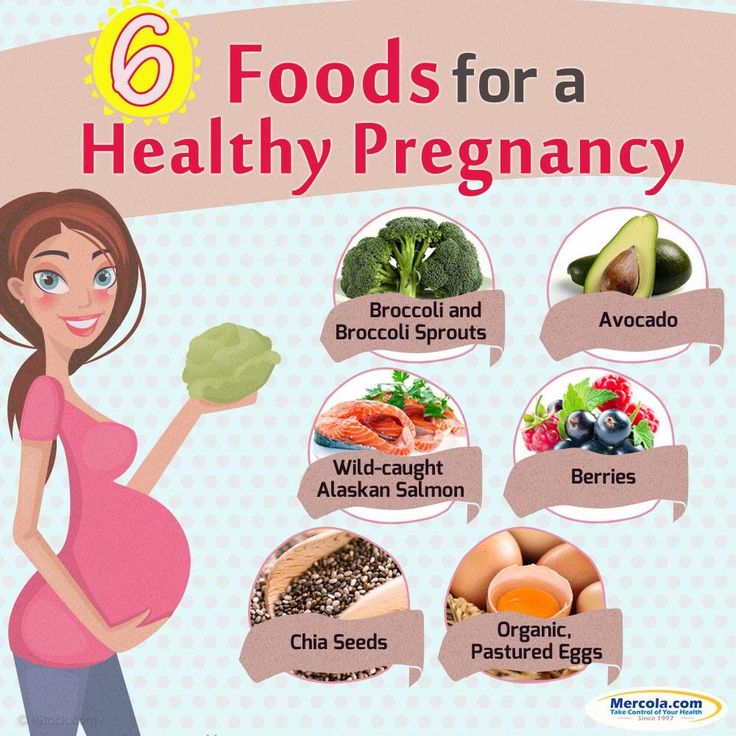 nine0003
nine0003
What can help with water retention and prevent swelling?
- Engage in low-intensity sports such as swimming or water aerobics.
- Raise your legs regularly throughout the day.
- Use compression stockings to relieve pressure and heaviness associated with water retention.
- Sleep with your legs slightly elevated at night to stimulate the flow of blood and water.
- Reflexology foot massage can help with swelling. nine0008
- Drink enough fluids for good circulation and blood flow.
Diuretics and teas are not suitable for expectant mothers. In any case, check with your doctor or midwife before taking any medication to remove fluid from the body.
Inflammation of the gums
During pregnancy, the gums become more sensitive because they receive more blood. Because of this, they can easily swell or bleed when you brush your teeth. The reason for these transformations are hormonal changes - primarily an increased level of estrogen.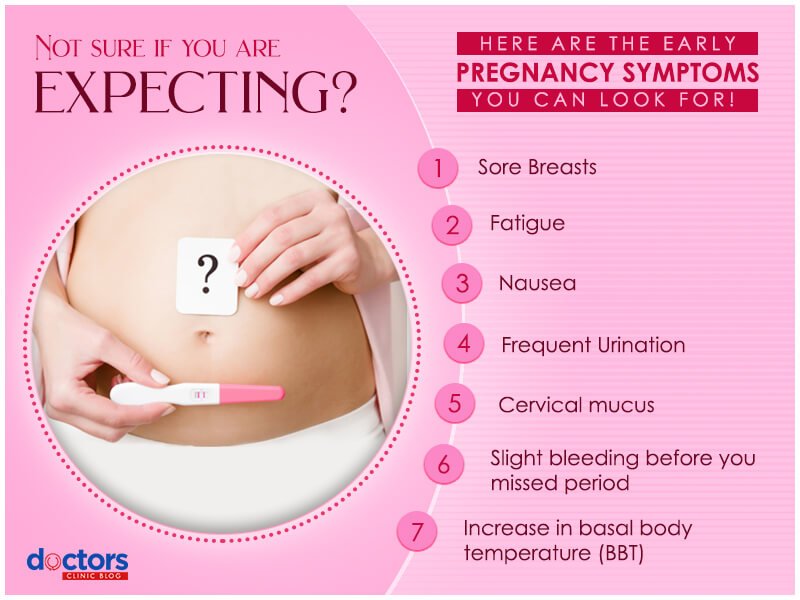 It also changes the acidity of saliva, which contributes to the development of cavities and inflammation of the gums (periodontitis). In the worst case, teeth can become loose or even fall out. nine0003
It also changes the acidity of saliva, which contributes to the development of cavities and inflammation of the gums (periodontitis). In the worst case, teeth can become loose or even fall out. nine0003
How to take care of your teeth and gums during pregnancy?
- Brush your teeth twice a day.
- If you have sensitive gums, use a soft brush.
- Avoid too many sweet and sour foods as this increases the acid load in the mouth.
- Toothpaste and fluoride mouthwash strengthen tooth enamel.
- Clean between teeth with chlorhexidine mouthwash, floss, or interdental brushes. nine0008
- Chamomile and sage tea has a soothing and disinfecting effect.
How long do unpleasant symptoms last during pregnancy?
Typical symptoms of pregnancy usually come and go within a few months.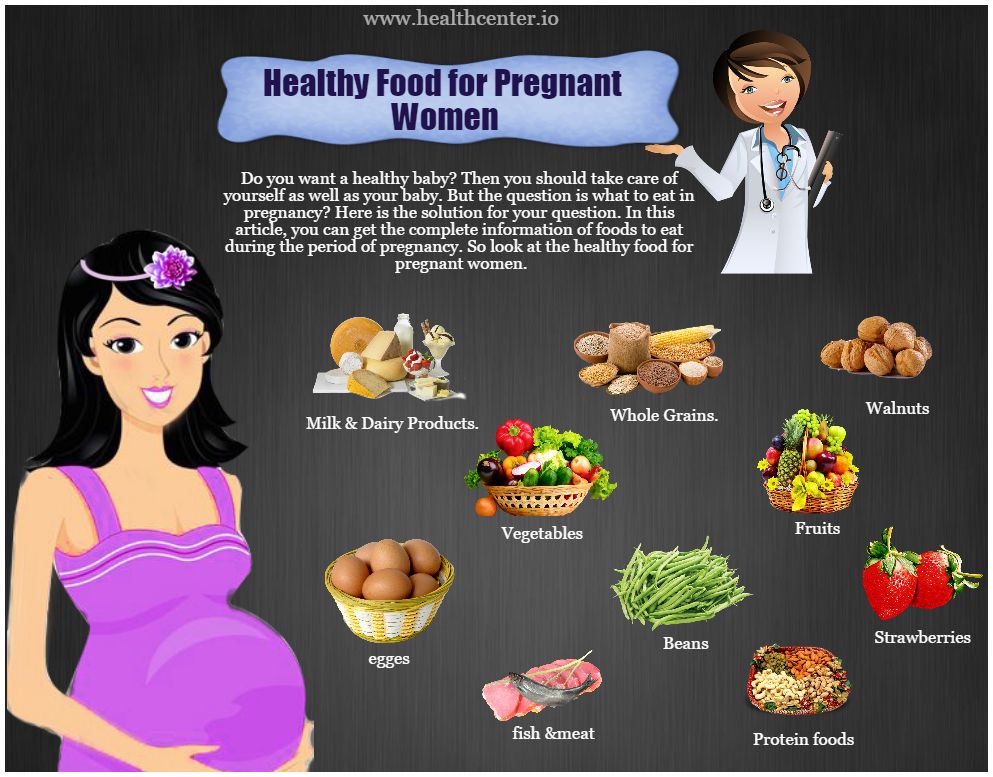 They are usually limited to the first trimester of pregnancy. Even if they last longer, they disappear when the baby is born. Common early pregnancy problems such as nausea and breast tenderness usually go away by the fourth month of pregnancy. nine0003
They are usually limited to the first trimester of pregnancy. Even if they last longer, they disappear when the baby is born. Common early pregnancy problems such as nausea and breast tenderness usually go away by the fourth month of pregnancy. nine0003
The second trimester becomes a pleasant and serene time for many women: the body has already adapted to the changed hormonal situation, and the size of the abdomen and weight do not yet cause inconvenience. Most women feel balanced and full of energy again. The first noticeable movements of the child also give them a feeling of happiness.
In the last trimester of pregnancy, symptoms may worsen again. The child becomes much larger and heavier. It's about childbirth. Some women experience back pain, heartburn, water retention, frequent urination, or sleep disturbances as their belly grows. Anticipation of childbirth can also be accompanied by anxiety or a sense of awe for the upcoming event. nine0003
When should you go to the doctor?
Pregnancy is not a disease, but a special situation.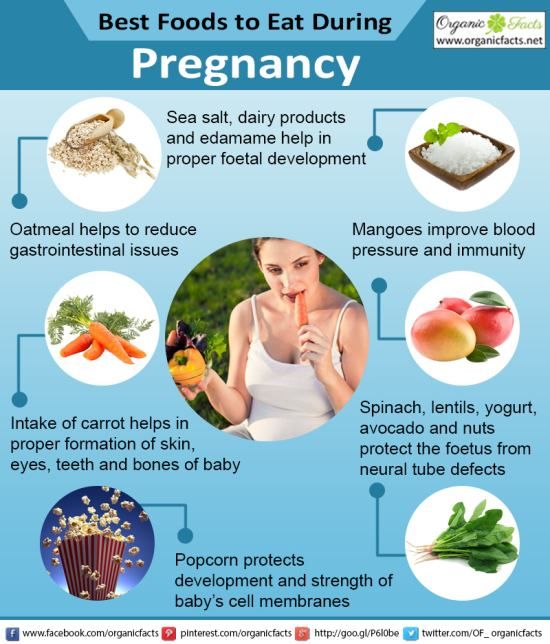 Many processes in the body change, and sometimes treatment is required.
Many processes in the body change, and sometimes treatment is required.
Many conventional medicines and even herbal teas, homeopathic remedies or naturopathic methods are not suitable during pregnancy. Before taking medication or starting treatment to relieve symptoms, be sure to check with your healthcare provider. nine0003
If you experience any symptoms for a long time or feel very unwell, you should not hesitate to ask your midwife or doctor any questions you may have. Although the unpleasant symptoms of pregnancy are mostly harmless, some of them can develop into serious diseases that home remedies can no longer help.
Last but not least, be sure to discuss any concerns you have with your gynecologist or midwife. It's not just medical professionals. These are your advisers and companions during pregnancy and childbirth. nine0003
- Berufsverband der Frauenärzte e.V. Anzeichen einer Schwangerschaft & Schwangerschaftstest. Aufgerufen am 21.01.2021.
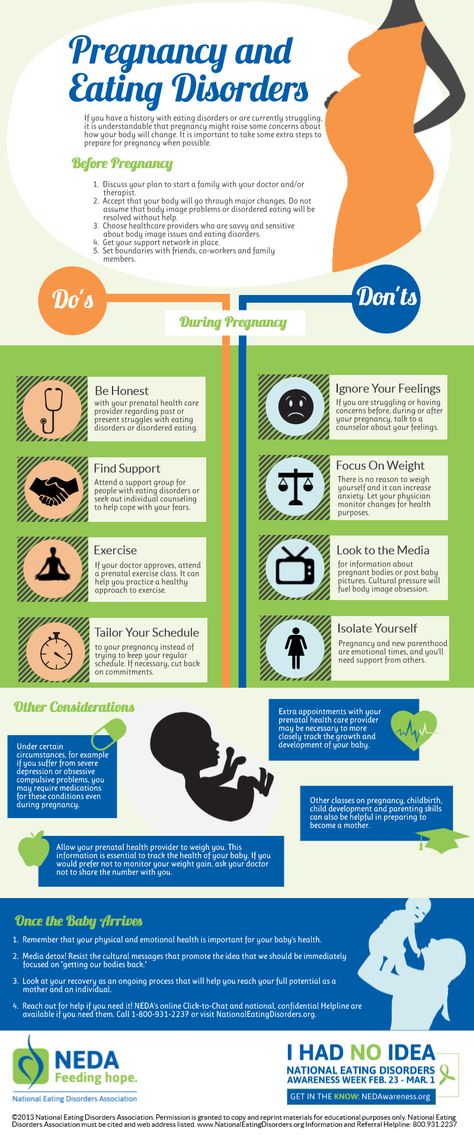
- Berufsverband Deutscher Internisten e.V. Odeme: Ursachen & Risikofaktoren. Aufgerufen am 21.01.2021.
- Bundeszentrale für gesundheitliche Aufklärung (BZgA). Broschüre „Rundum – Schwangerschaft und Geburt“. Aufgerufen am 21.01.2021.
- Bundeszentrale für Gesundheitliche Aufklärung (BZgA). Schwangerschaftsbeschwerden. Portal "familienplanung.de". nine0406 Aufgerufen am 01/21/2021.
- Institute für Qualität und Wirtschaftlichkeit im Gesundheitswesen (IQWiG). Schwangerschaft und Geburt. Portal "gesundheitsinformation.de". Aufgerufen am 21.01.2021.
- Lasch L. Fillenberg S. Basiswissen Gynäkologie und Geburt. Springer: Berlin 2017.
Verified by the Deutscher Hebammenverband e.V. (Union of obstetricians of Germany). State: nine0416 04.02.2021
Toxicosis in pregnancy: causes and treatment
- Home
- Articles
- Toxicosis in pregnant women
Consultation with a specialist:
The presence of nausea and vomiting in any trimester of pregnancy requires immediate consultation with a gynecologist.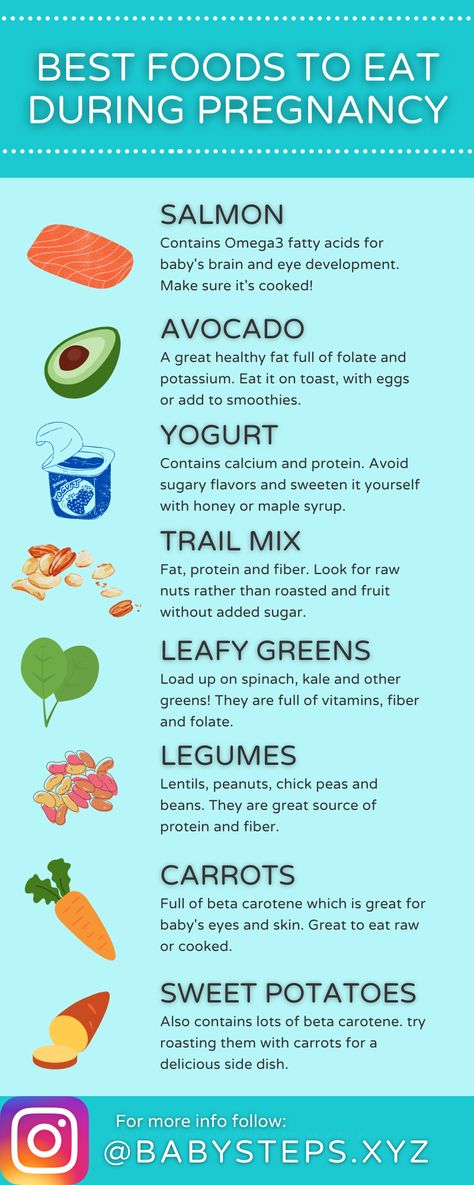
Toxicosis can occur at different stages of pregnancy - both in the first weeks and in the last trimester, so it is divided into two types - early and late. Early toxicosis is a very common phenomenon, it occurs in the first trimester, and is considered a classic sign of pregnancy. nine0003
It seems to many women that nausea and vomiting are integral companions of the "interesting situation." There is an opinion that it is quite normal to feel nausea during pregnancy, but if you have repeated vomiting, you should definitely consult a doctor. Late toxicosis is called gestosis. It occurs in the 2nd or 3rd trimester, and poses a real threat to the life of the mother and child. Unlike early toxicosis, gestosis does not go away on its own and requires treatment in a hospital. nine0003
By severity, toxicosis is divided into three types: mild, moderate and severe. Depending on the type, appropriate therapy and ancillary treatment are prescribed.
Causes of toxicosis
Despite numerous studies by scientists, the exact causes of toxicosis in medicine are still unknown. Most experts believe that toxicosis appears in response to hormonal changes in the body of a pregnant woman. Possible factors affecting the occurrence of toxicosis: nine0003
Most experts believe that toxicosis appears in response to hormonal changes in the body of a pregnant woman. Possible factors affecting the occurrence of toxicosis: nine0003
Estrogen level . Already from the first days of pregnancy (or rather, from the moment of conception), the level of estrogen in a woman's blood rises sharply. In a woman who is carrying a child, it can be 100 times higher than the usual norm. But so far there is no evidence that this factor causes toxicosis.
Progesterone level. A healthy pregnancy is impossible without this hormone. It helps to relax the muscular layer of the uterus, which prevents the appearance of hypertonicity. But at the same time, progesterone can provoke excessive relaxation of the stomach and intestines. This leads to excess secretion of stomach acid and acid reflux. As a result, heartburn and vomiting may occur. nine0003
Hypoglycemia. During pregnancy, the female body works for two, this can cause a decrease in blood sugar levels.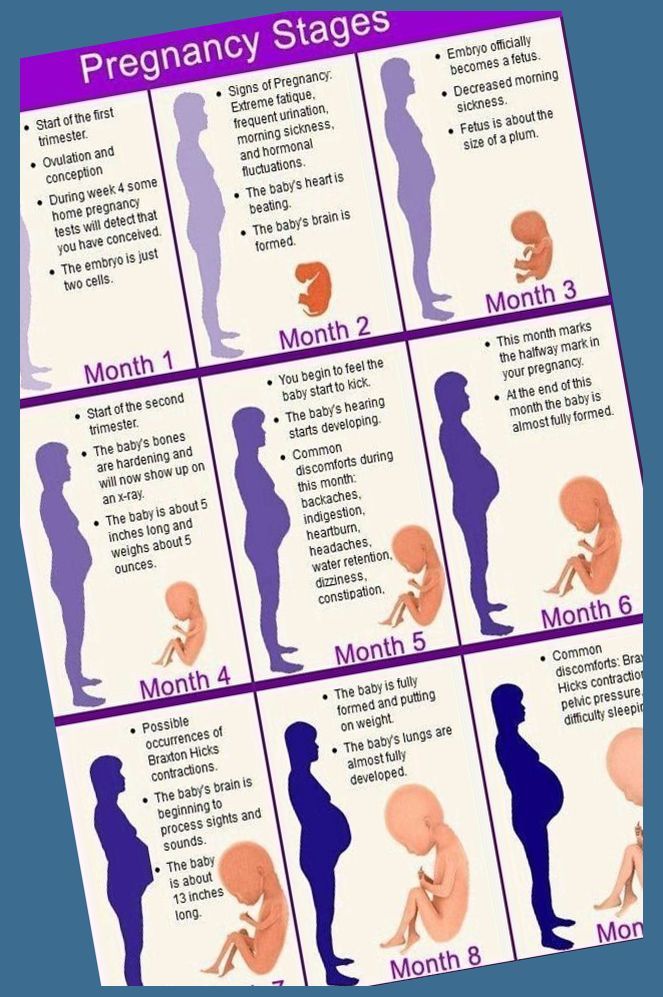 Attacks of nausea and vomiting are one of the symptoms of a lack of glucose.
Attacks of nausea and vomiting are one of the symptoms of a lack of glucose.
Heightened sense of smell. During pregnancy, a woman's sense of smell increases significantly. Some odors may start to irritate or seem unpleasant. Because of this, patients with toxicosis have an urge to vomit and feel worse. nine0003
Stress. Some experts believe that the manifestations of toxicosis are a response to stress.
Call now
+7 (495) 215-56-90
Make an appointment
Symptoms
The most characteristic symptoms of early toxicosis:
- nausea;
- vomiting;
- constipation;
- loss of appetite;
- increased salivation; nine0008
- lowering blood pressure.
Frequent bouts of vomiting and salivation lead to rapid fluid loss. As a result, the water-salt balance is disturbed. Significant fluid loss can lead to dehydration.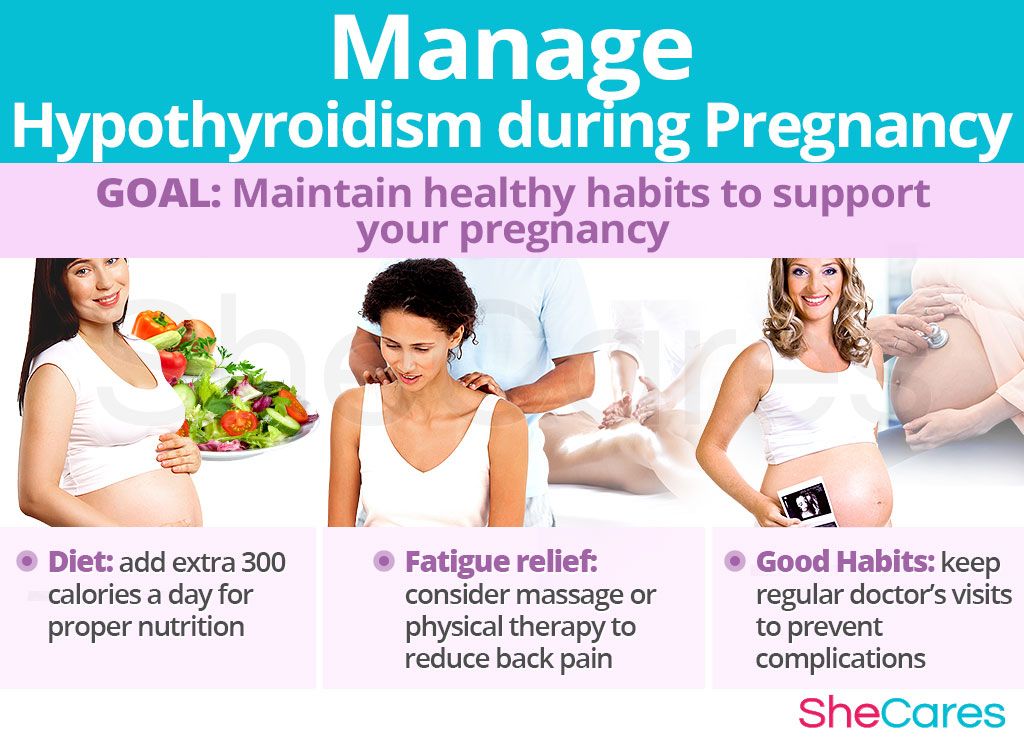 Under such conditions, nutrients and useful trace elements are poorly absorbed, which has an extremely negative effect on the condition of the fetus.
Under such conditions, nutrients and useful trace elements are poorly absorbed, which has an extremely negative effect on the condition of the fetus.
Women who suffer from manifestations of toxicosis can feel not only physical, but also psychological discomfort. Constant bouts of nausea and frequent vomiting do not allow you to lead a normal life, entail apathy and depression. nine0003
Poor health and negative thoughts can adversely affect the course of pregnancy, therefore, in such cases, women need to work not only with an obstetrician-gynecologist, but also with a psychologist.
In a woman diagnosed with toxicosis, the pulse often quickens, and, on the contrary, blood pressure decreases. There is a loss of body weight - sometimes it can reach up to 10% of the initial weight. Due to metabolic disorders, the appearance of the skin deteriorates - it becomes dry and pale. Sometimes dermatosis may appear, which is accompanied by itching, redness and peeling of the skin.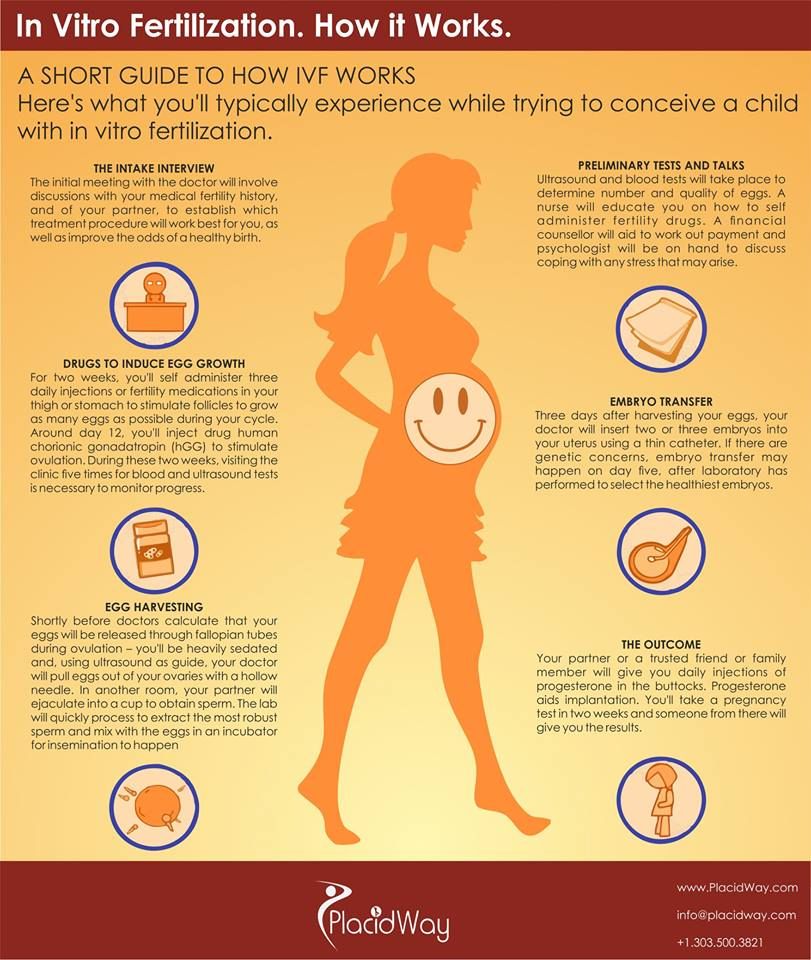 nine0003
nine0003
Diagnostics
After detecting early symptoms of toxicosis, you should immediately consult a doctor. He will conduct an examination and prescribe treatment. A woman should make a list of complaints and symptoms, as well as undergo the necessary examinations. An examination on a gynecological chair and ultrasound diagnostics (ultrasound) are mandatory.
In addition, it is necessary to pass a set of tests, in particular, a clinical and biochemical blood test and a general urinalysis, so dehydration and metabolic disorders can be determined. nine0003
The patient also undergoes electrocardiography, measurement of pulse rate and blood pressure. An accurate picture of the condition of a pregnant woman will help to compile indicators of the frequency of vomiting and daily diuresis (the amount of urine excreted).
In addition to the attending obstetrician-gynecologist who is involved in pregnancy support, a woman may need help from other specialized specialists:
- immunologist; nine0007 gastroenterologist;
- endocrinologist;
- neurologist.
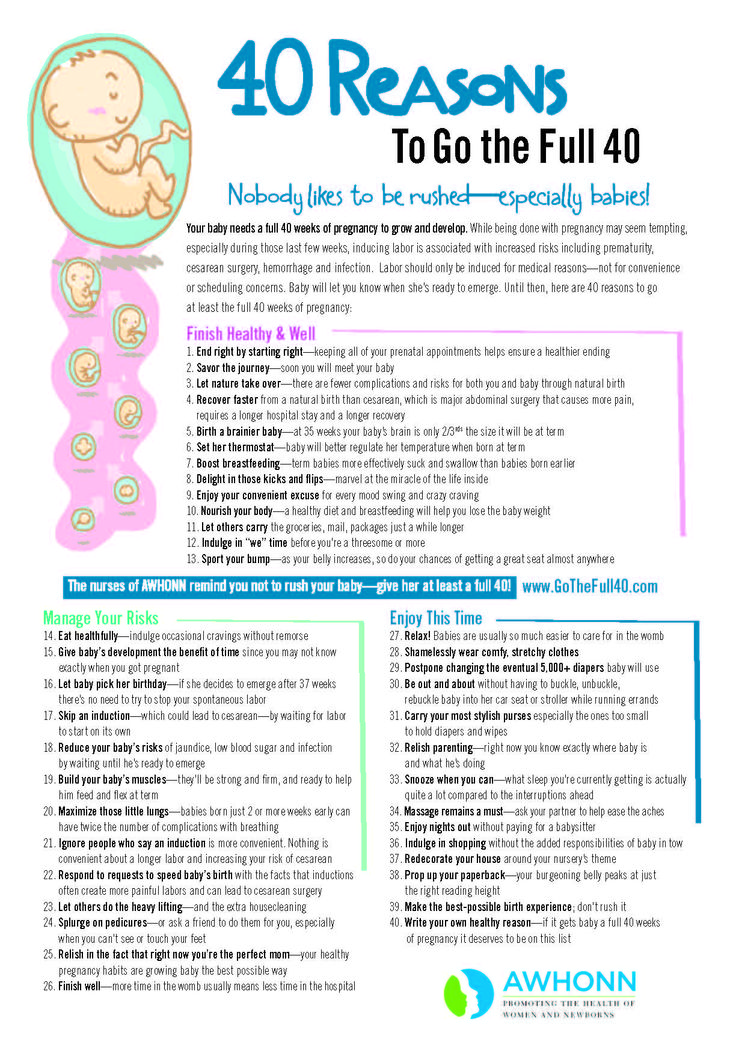
Treatment
The treatment regimen for toxicosis is compiled individually, taking into account all the complaints and symptoms of the pregnant woman. If vomiting worries less than 5 times a day and the general condition does not cause concern, hospitalization is not required. In this case, toxicosis can be treated at home, but with mandatory compliance with medical recommendations.
nine0002 To maintain a healthy pregnancy, it is necessary to maintain physical and psychological rest. Sometimes you may need to take medications that will reduce the symptoms of toxicosis:- sedatives;
- antiemetics;
- vitamins.
To reduce salivation, it is necessary to rinse the mouth with infusions of herbs that have tannic properties: mint, sage, chamomile. nine0003
Also, the state of early toxicosis of pregnant women requires a special diet. Meals should be fractional, the menu should be varied, and the portions should be small. Food should be chosen healthy and easily digestible. In the diet of patients with toxicosis, fermented milk products, greens, fresh vegetables and fruits must be present.
Food should be chosen healthy and easily digestible. In the diet of patients with toxicosis, fermented milk products, greens, fresh vegetables and fruits must be present.
Moderate toxicosis of pregnant women requires treatment in a hospital. Sometimes a woman is observed in the hospital until delivery. Infusion therapy is prescribed - parenteral administration of vitamins, glucose, hepatoprotectors, protein preparations and saline solutions. It is aimed at restoring weight and normalizing the water-salt balance. nine0003
If necessary, attacks of nausea and the urge to vomit are stopped with neuroleptic drugs. For this purpose, physiological procedures are also prescribed:
- aromatherapy;
- galvanization;
- herbal medicine;
- acupuncture;
- massage.
Severe toxicosis requires the most serious approach, because there is a real threat of termination of pregnancy - premature birth, fetal fading and loss of a child are possible.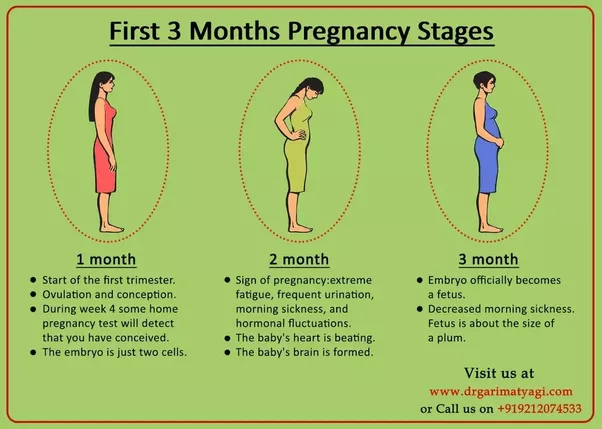 In such cases, treatment is carried out in intensive care units with constant monitoring of vital signs. nine0003
In such cases, treatment is carried out in intensive care units with constant monitoring of vital signs. nine0003
Delayed treatment can provoke a severe degree of toxicosis, which entails a danger to the life of the mother and child.
Toxicosis prevention includes maintaining a healthy lifestyle, avoiding bad habits, responsible pregnancy planning and regular medical supervision.
Share:
Call now
+7 (495) 215-56-90
Make an appointment
About the clinic
Otradnoye Polyclinic is the largest multidisciplinary medical center in Moscow.
About 3,500 types of medical services for adults and children are provided on 4 floors in one building. More than 80 doctors serve thousands of patients per month.
The services of the center are available to all segments of the population, and treatment and diagnostic procedures are carried out according to modern protocols.